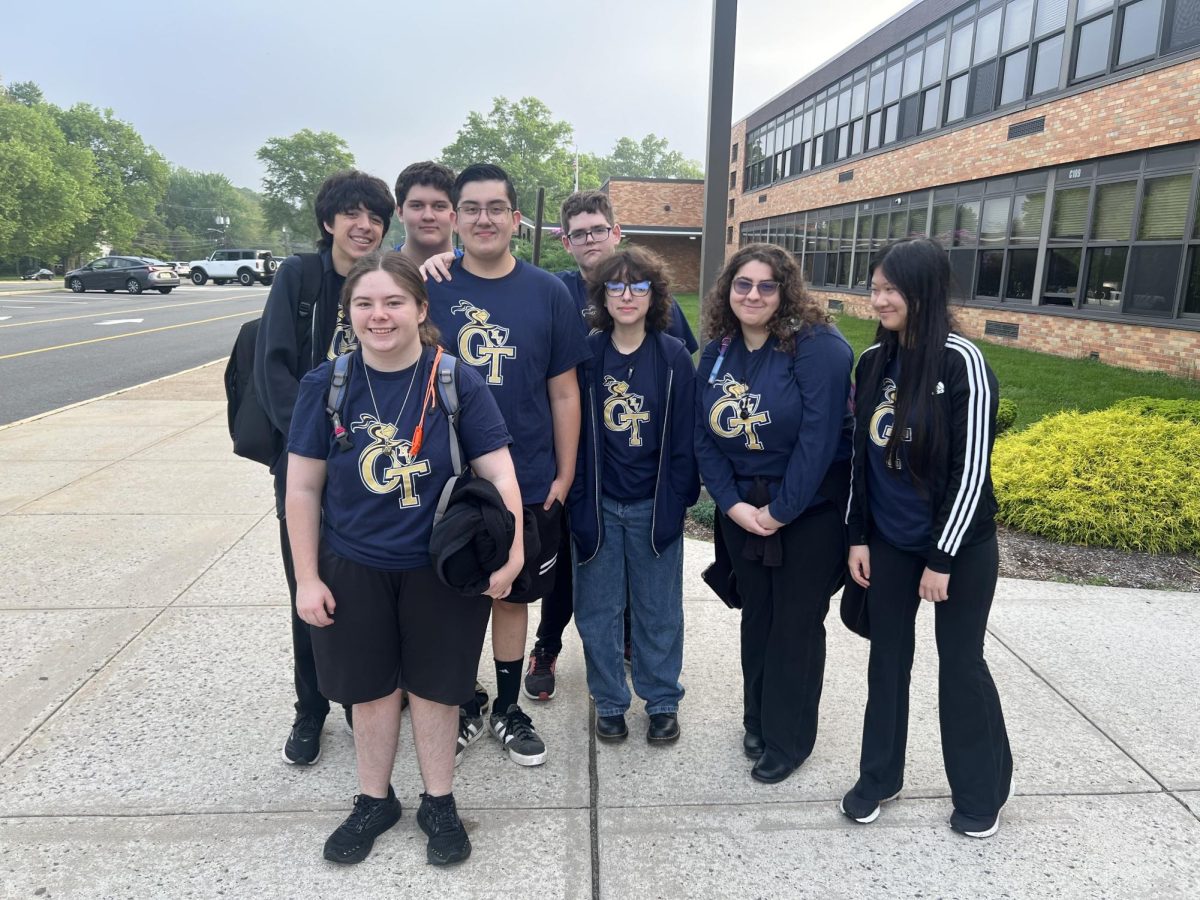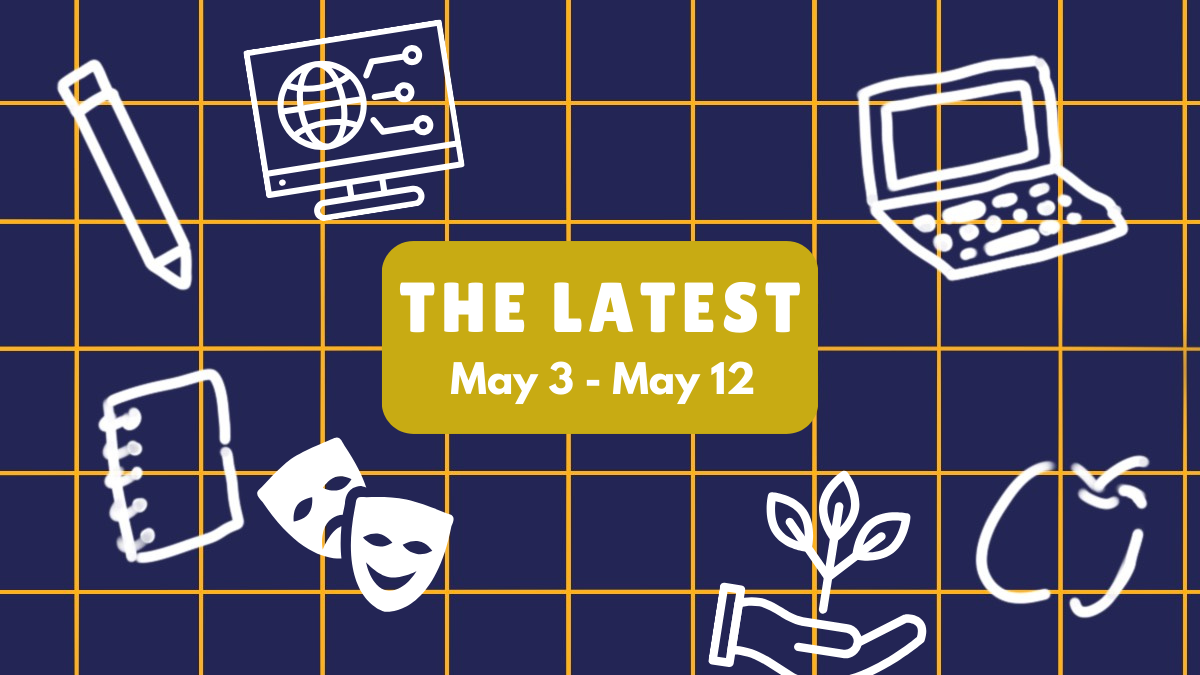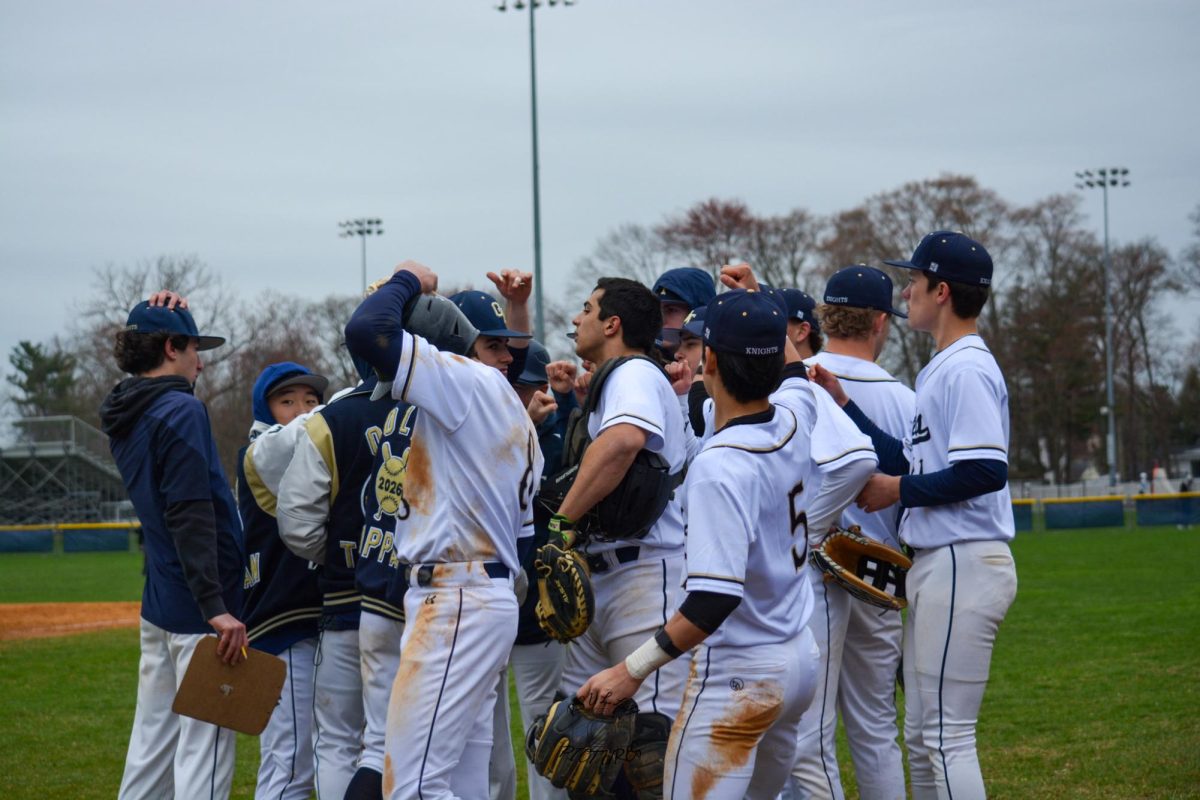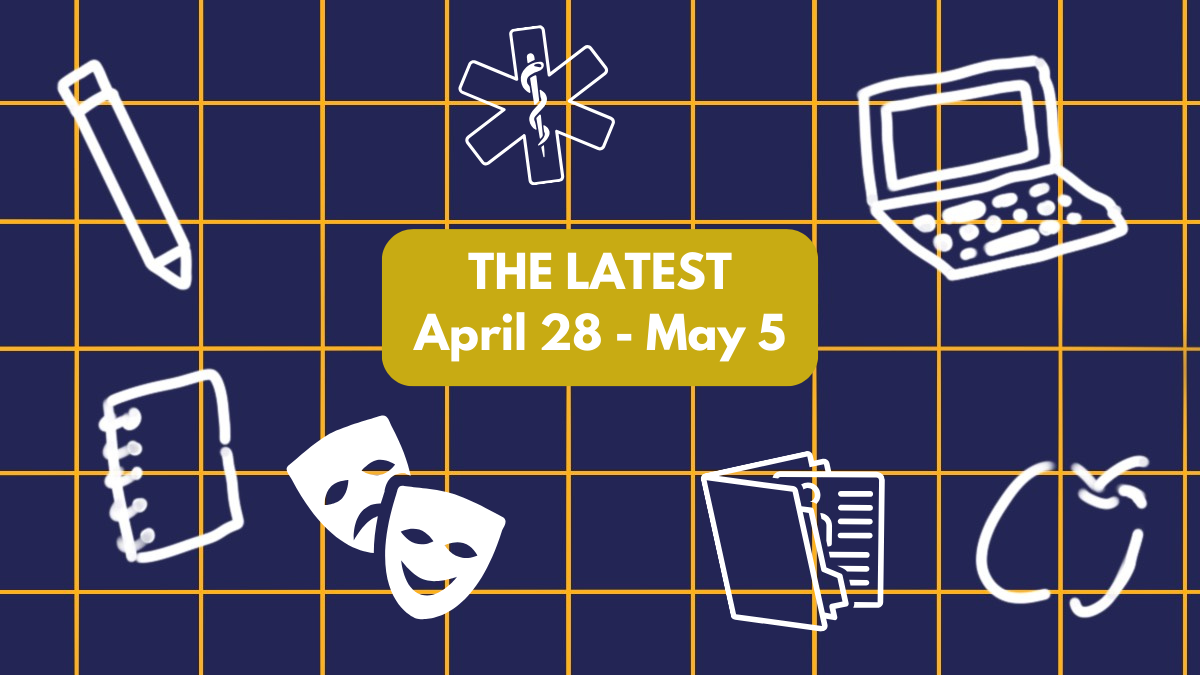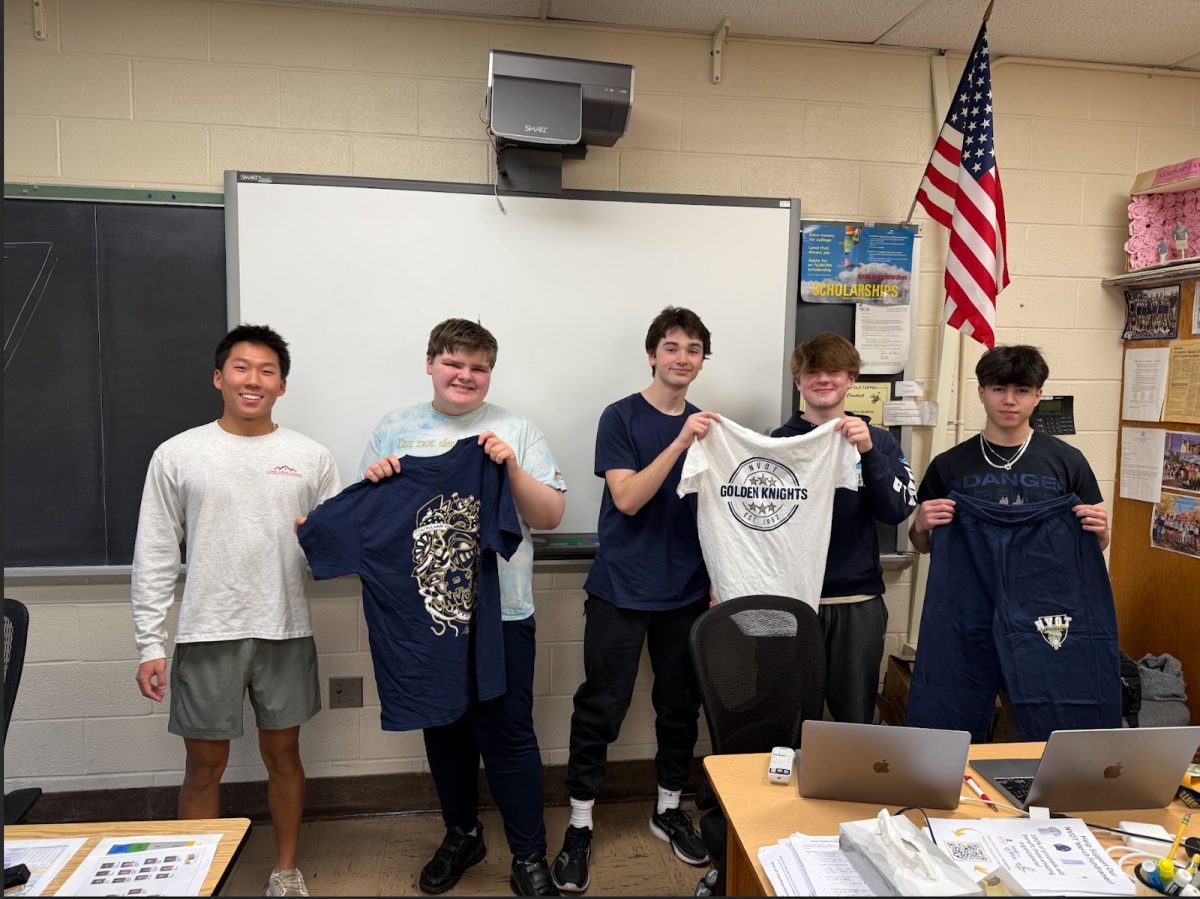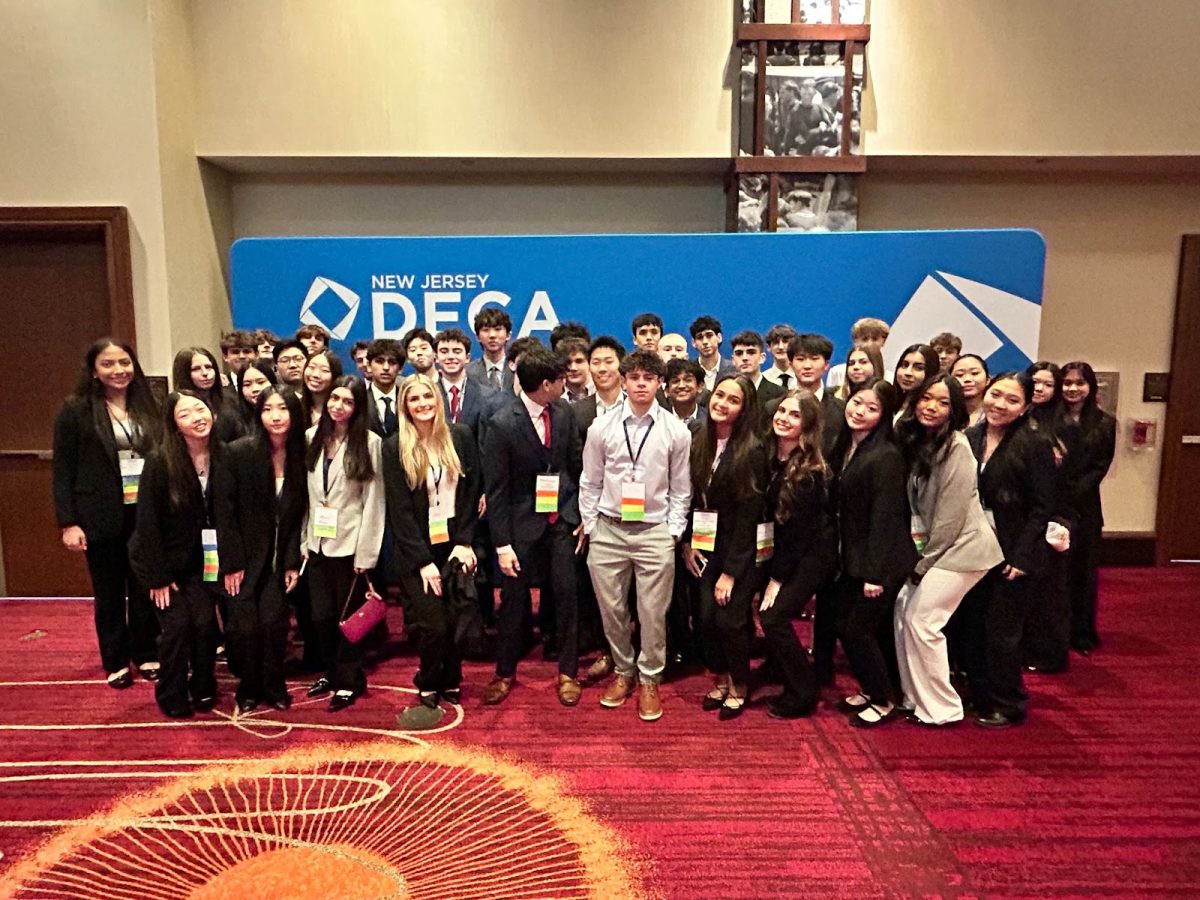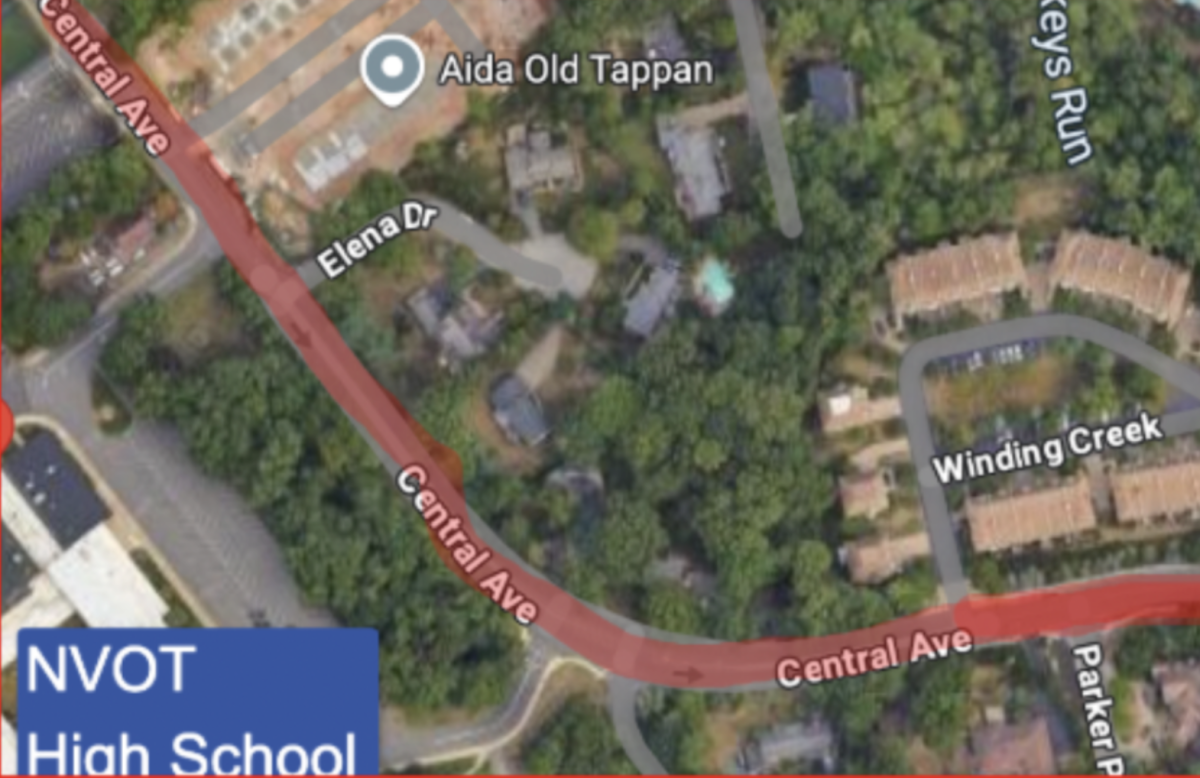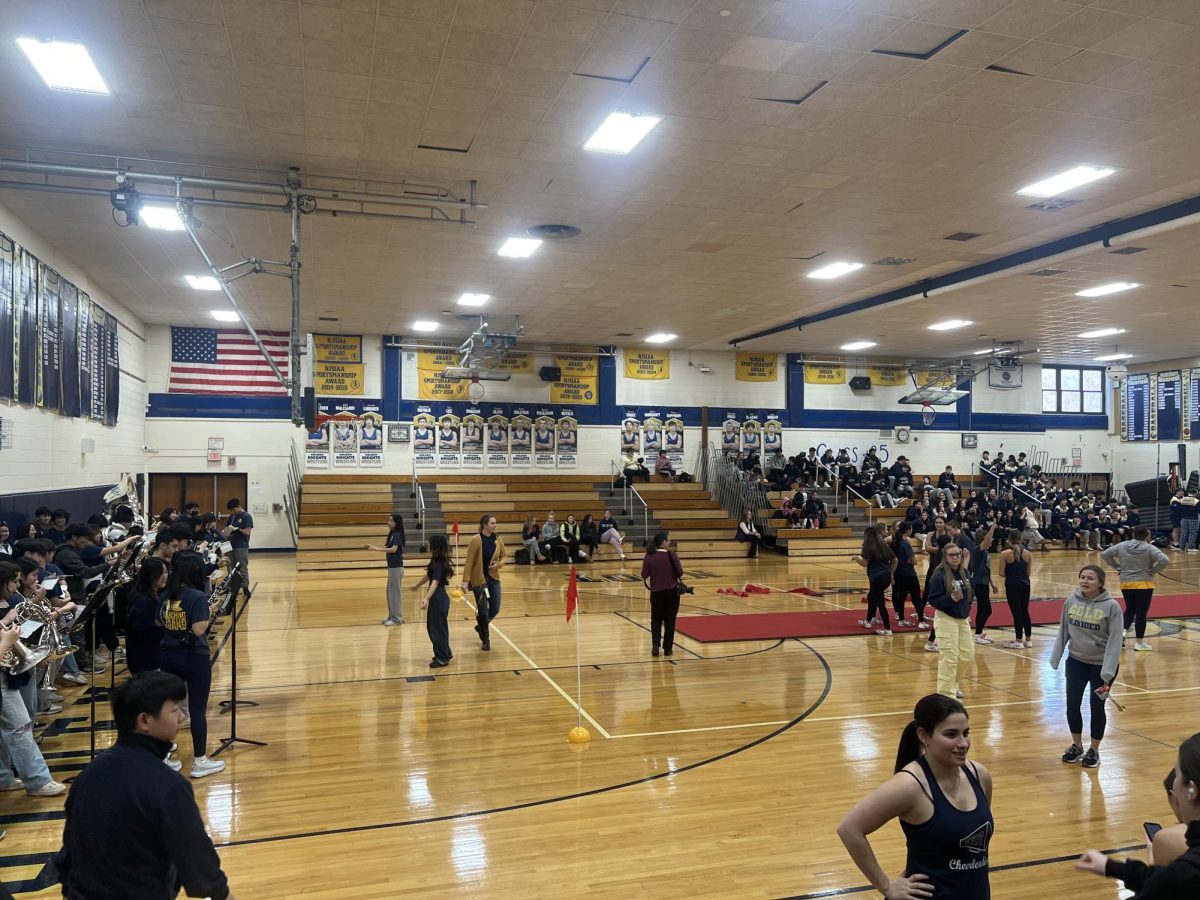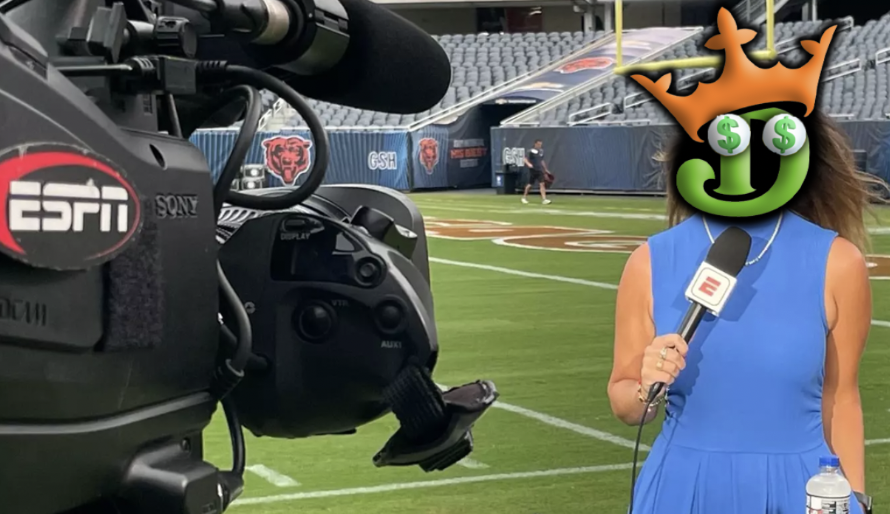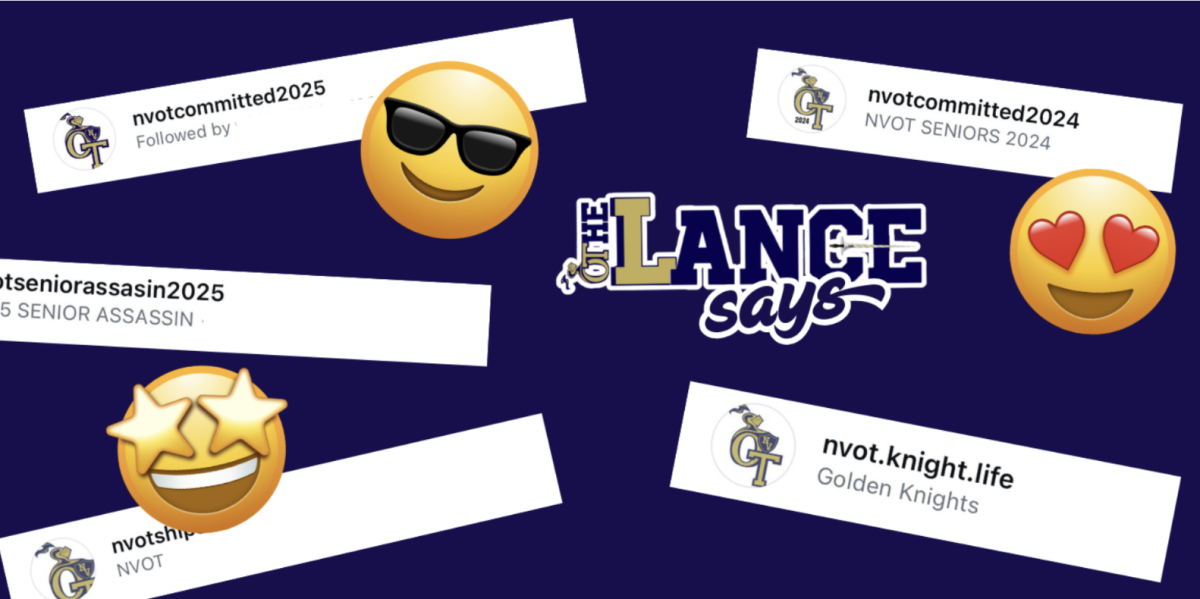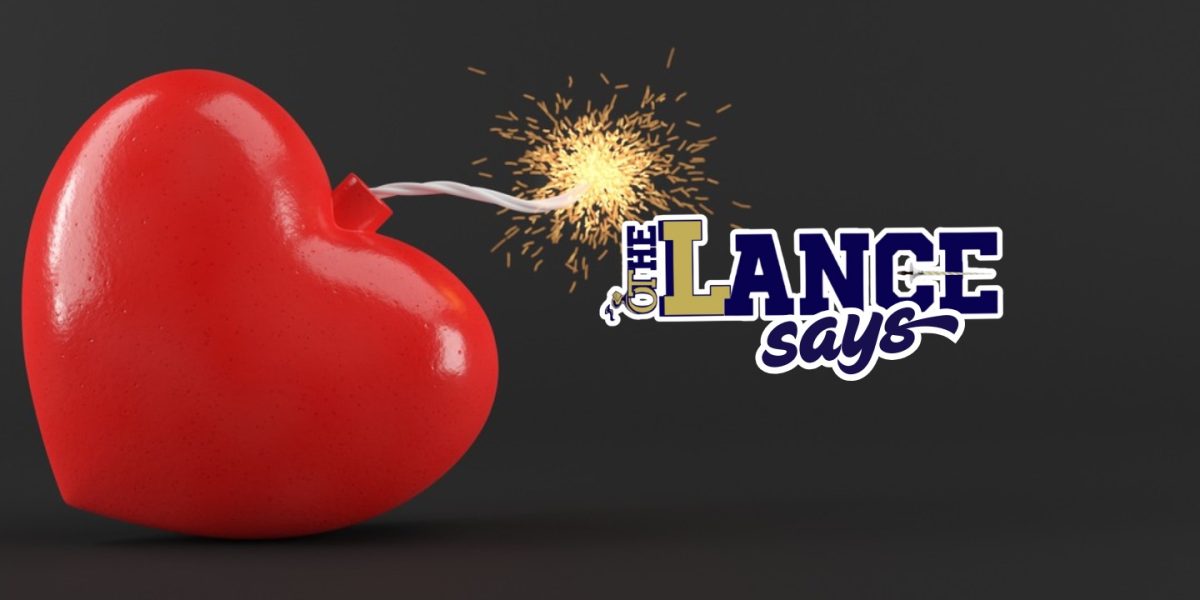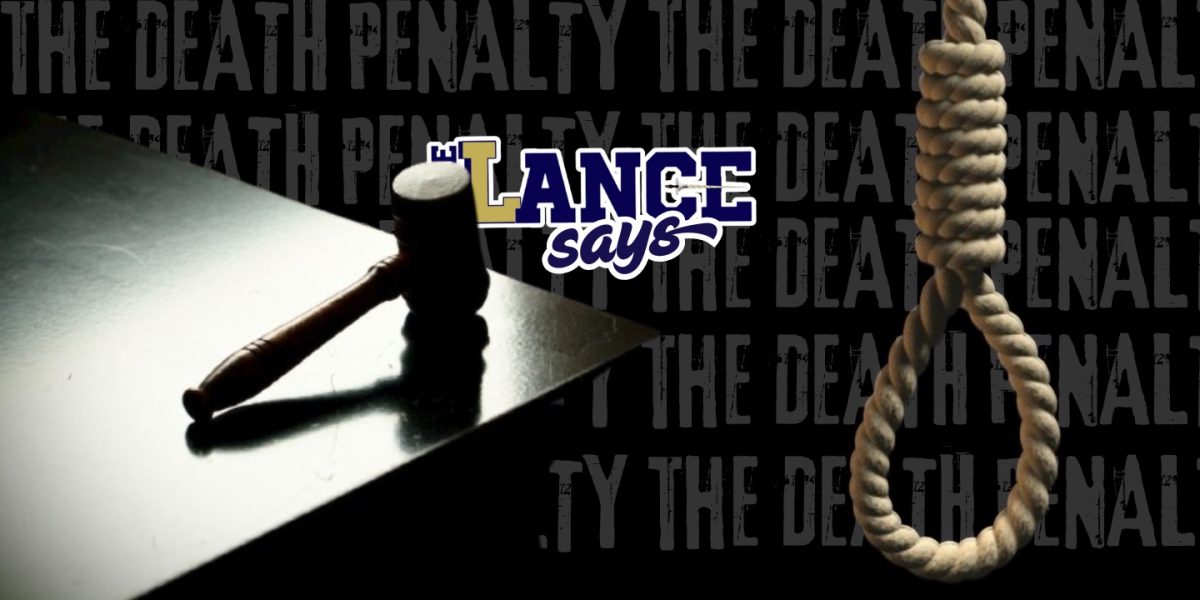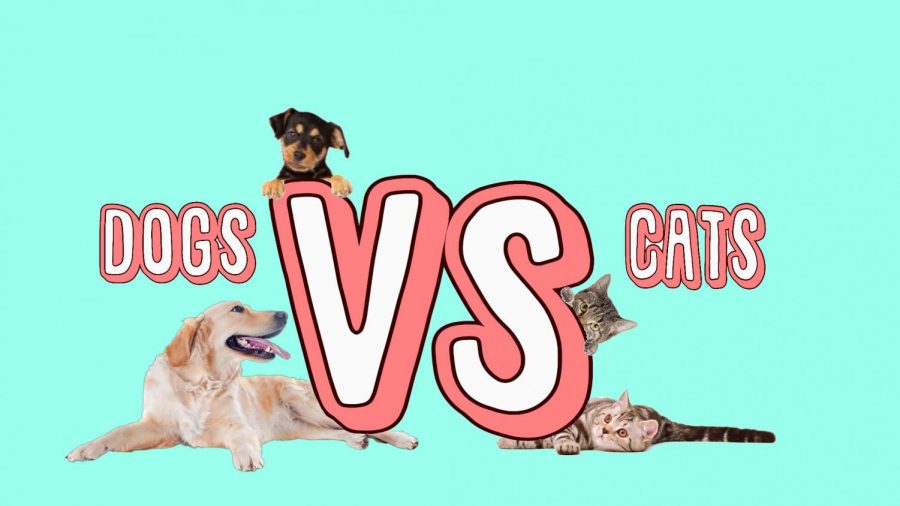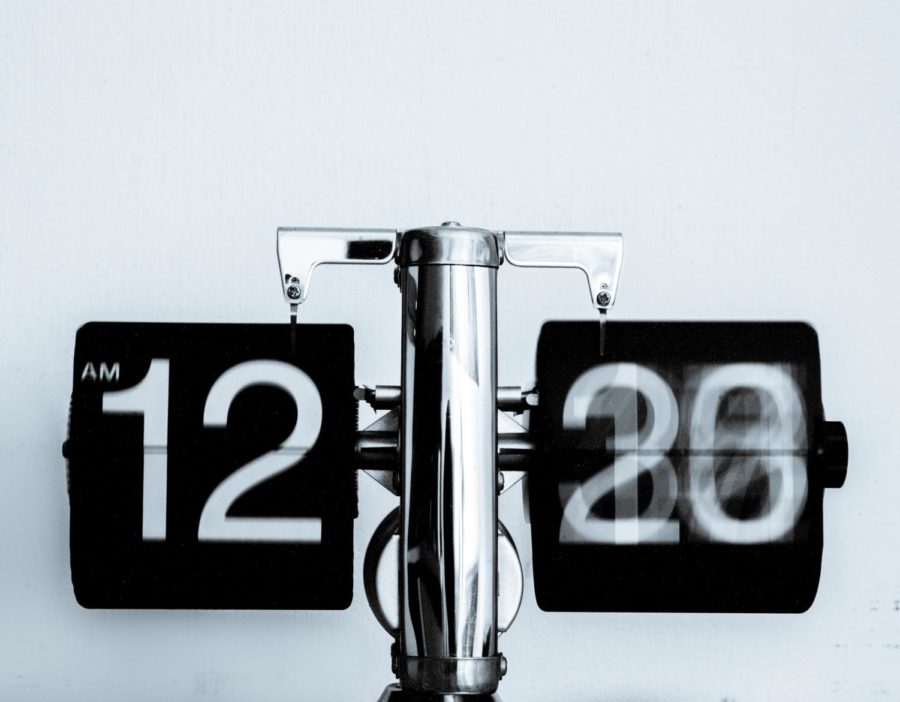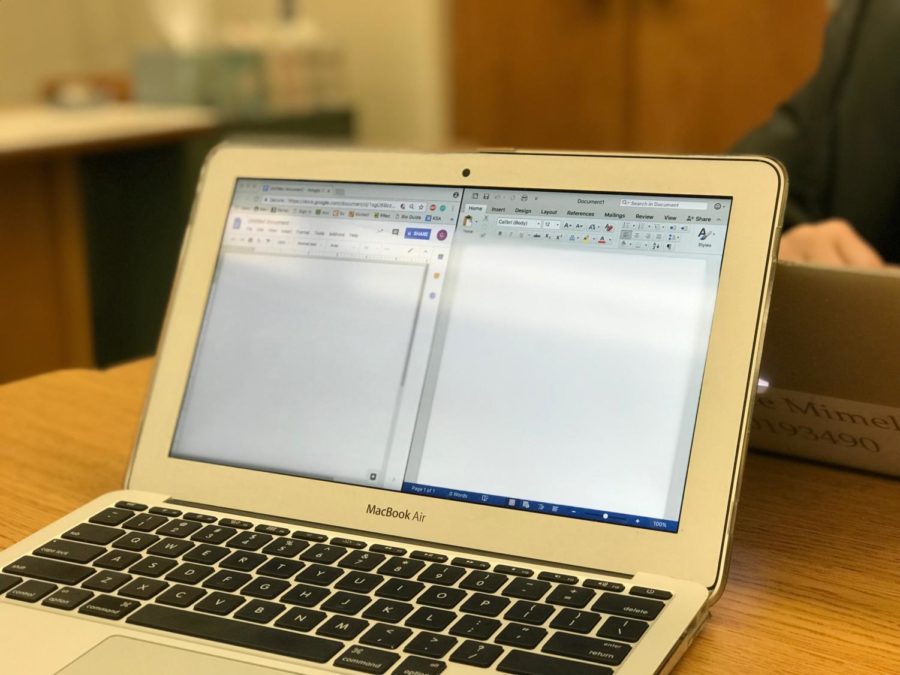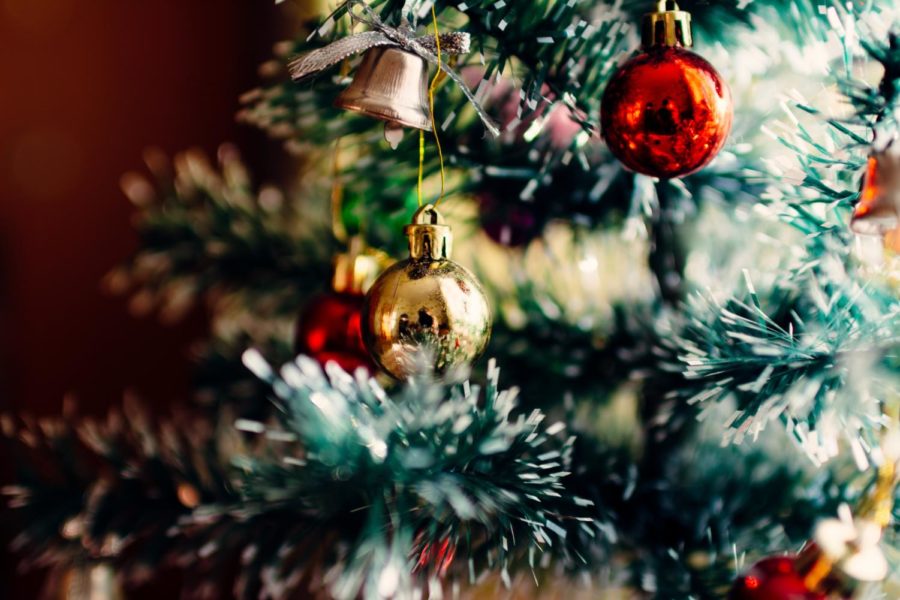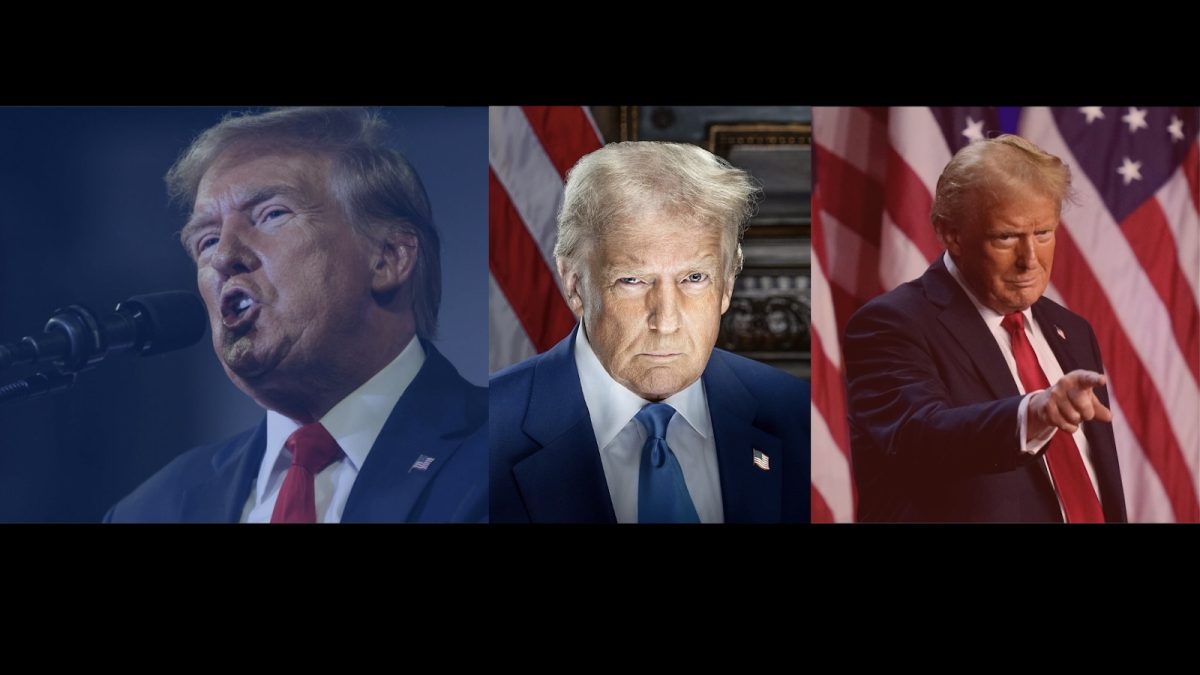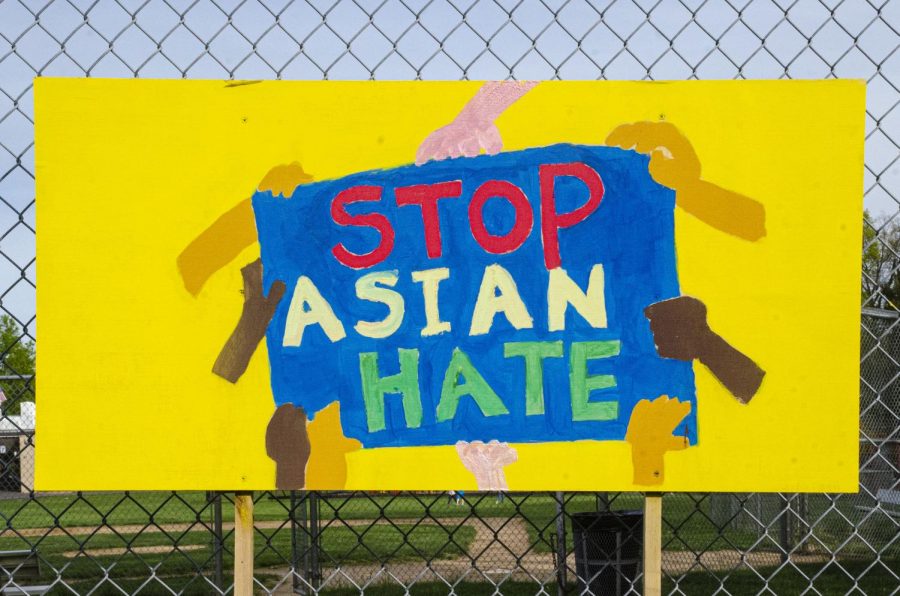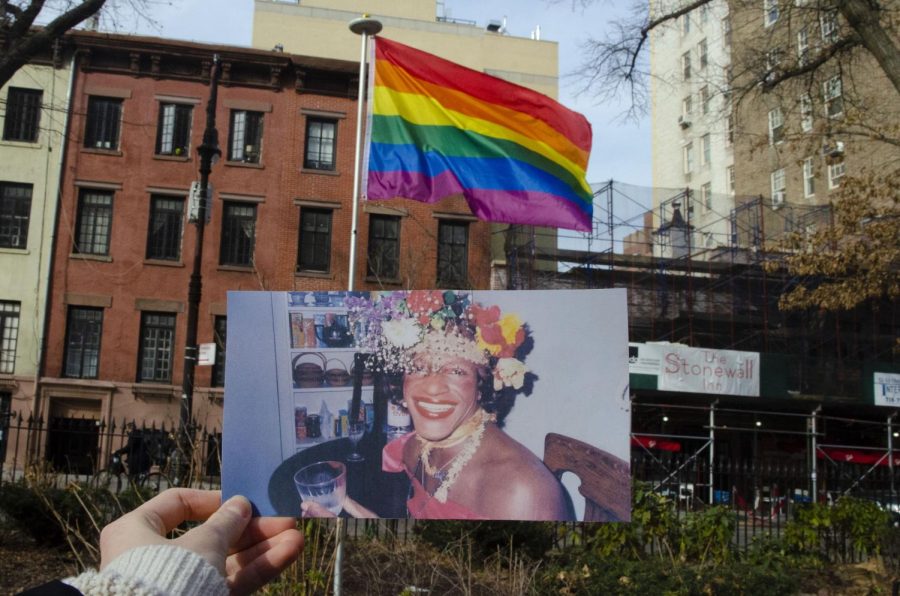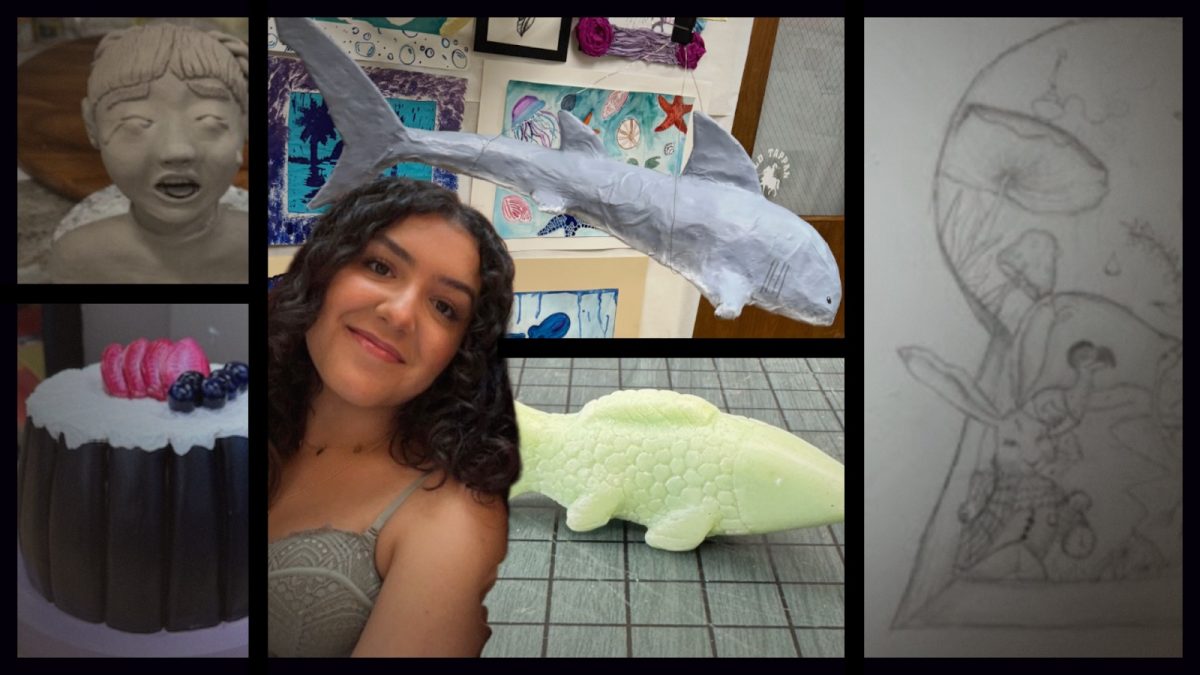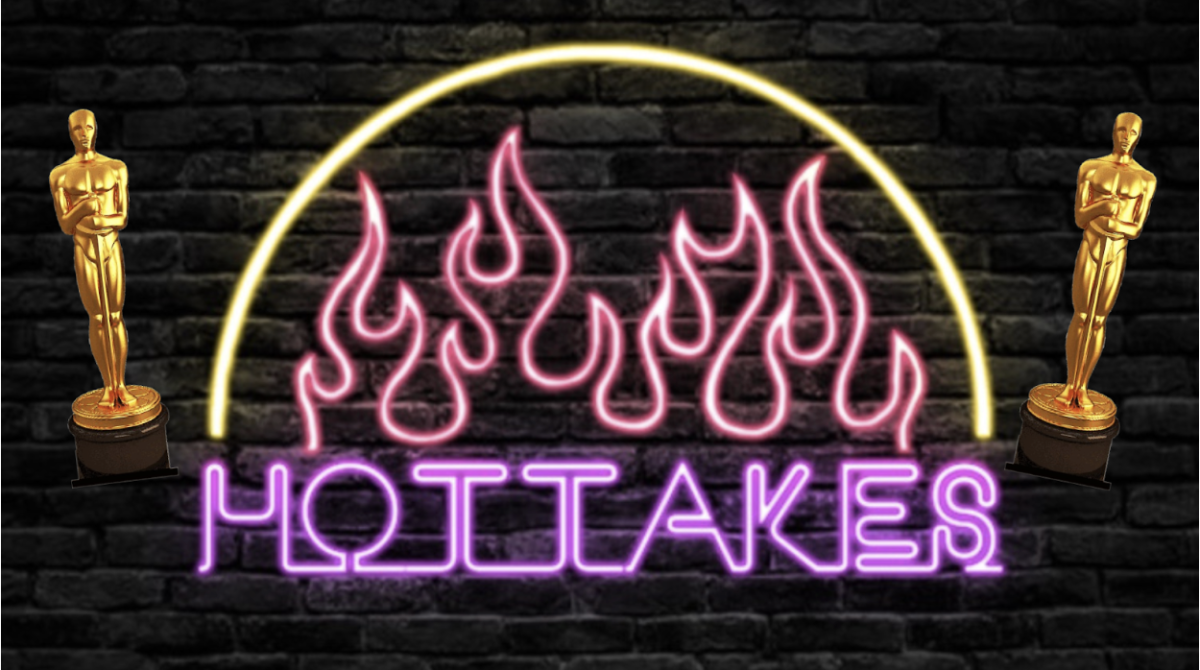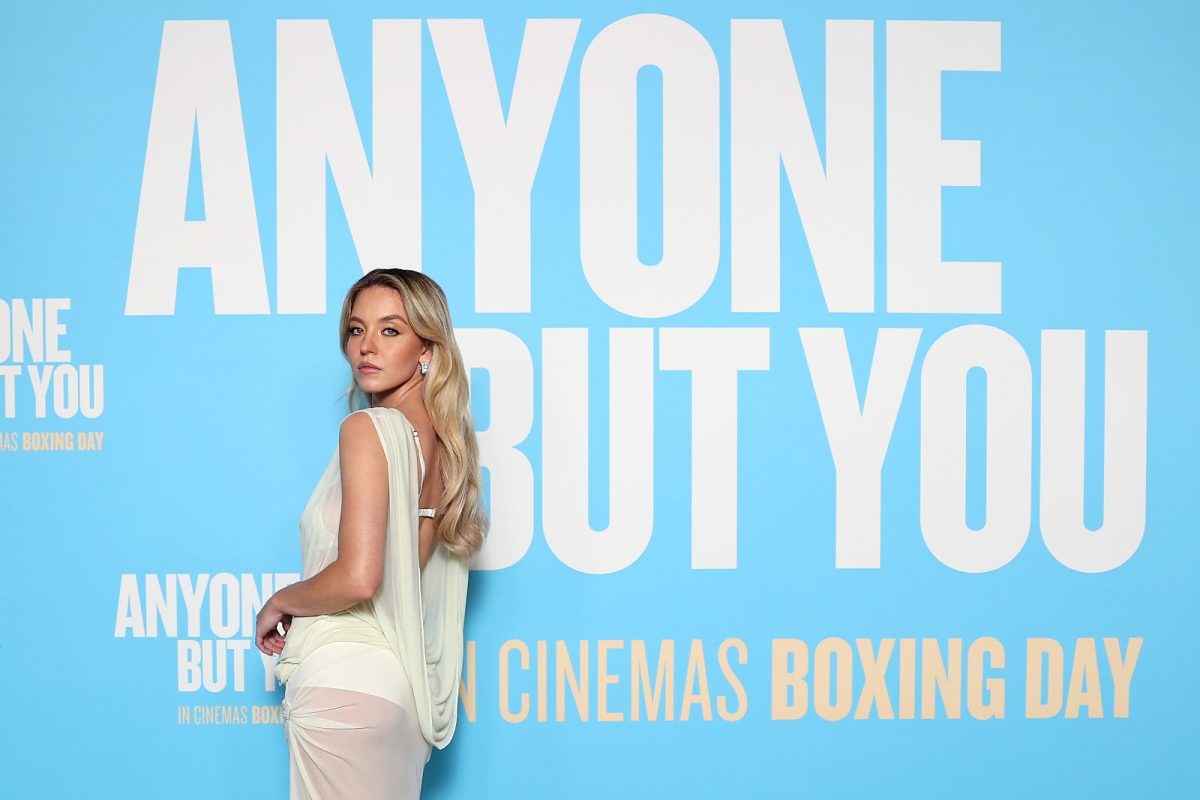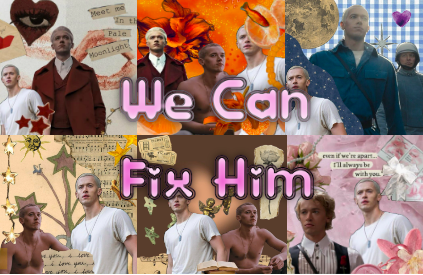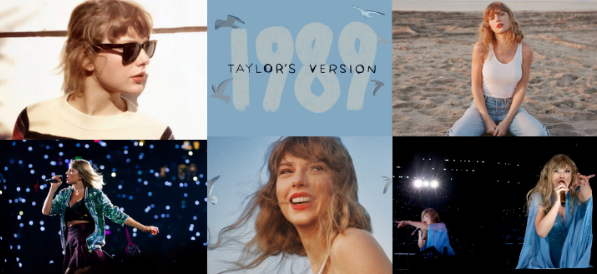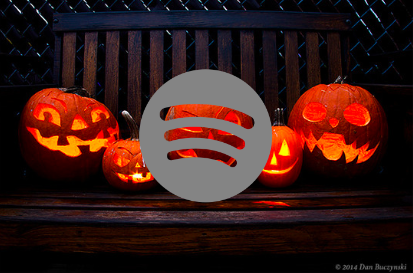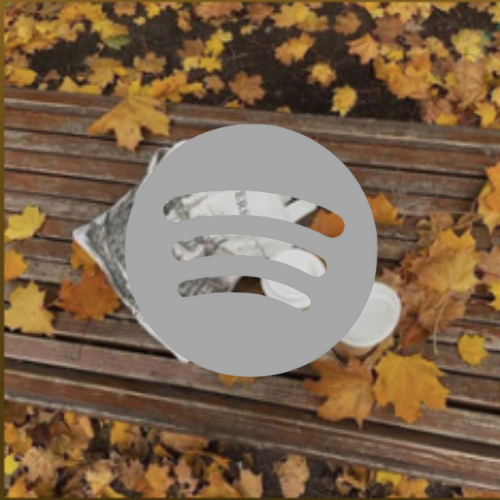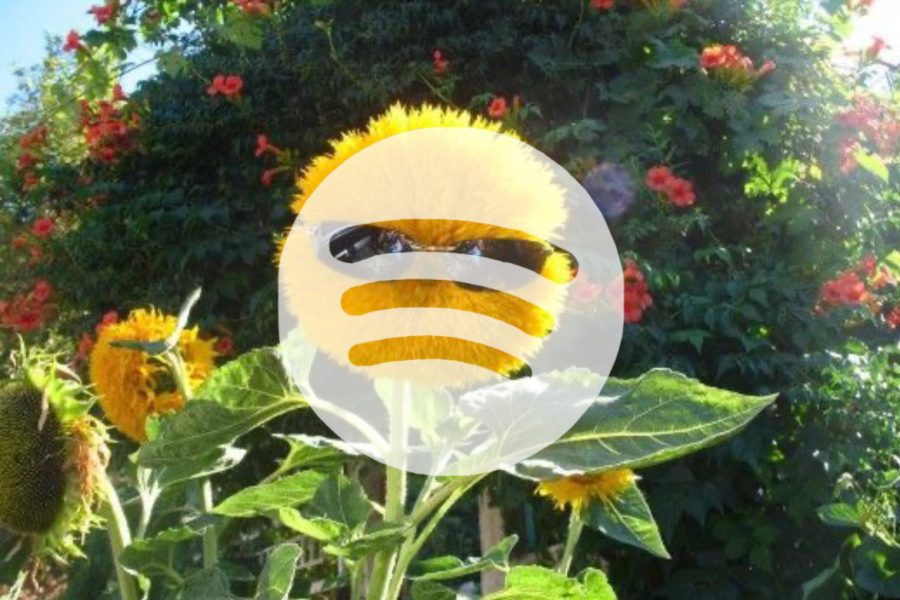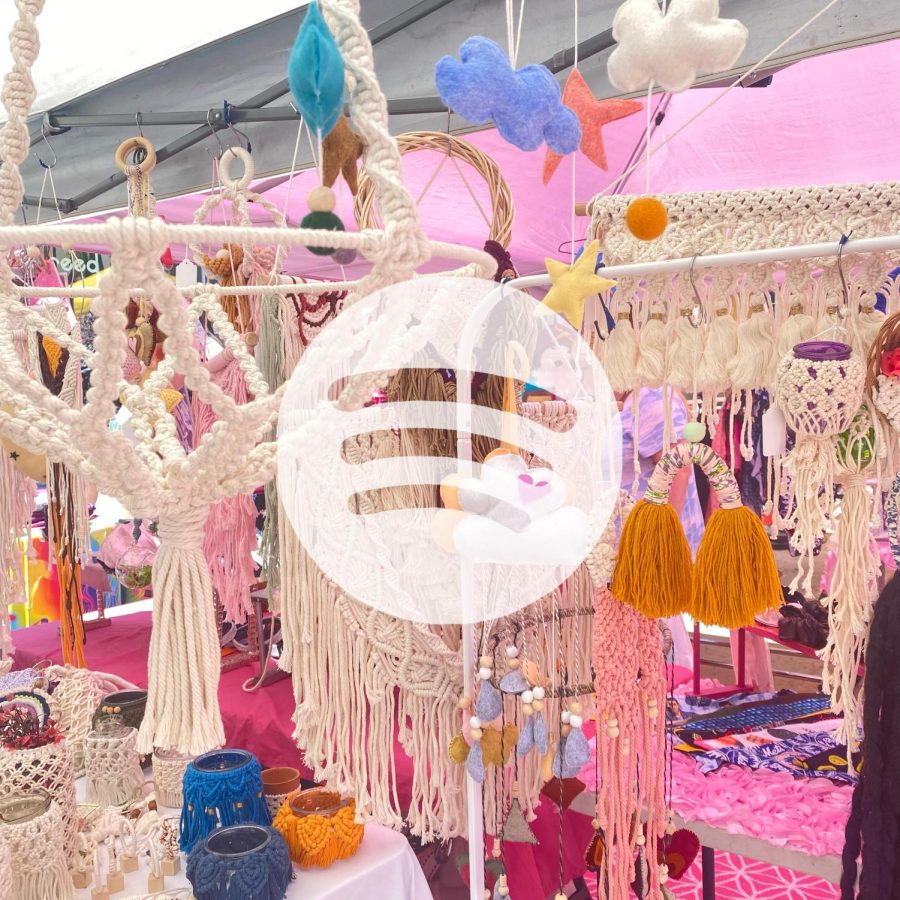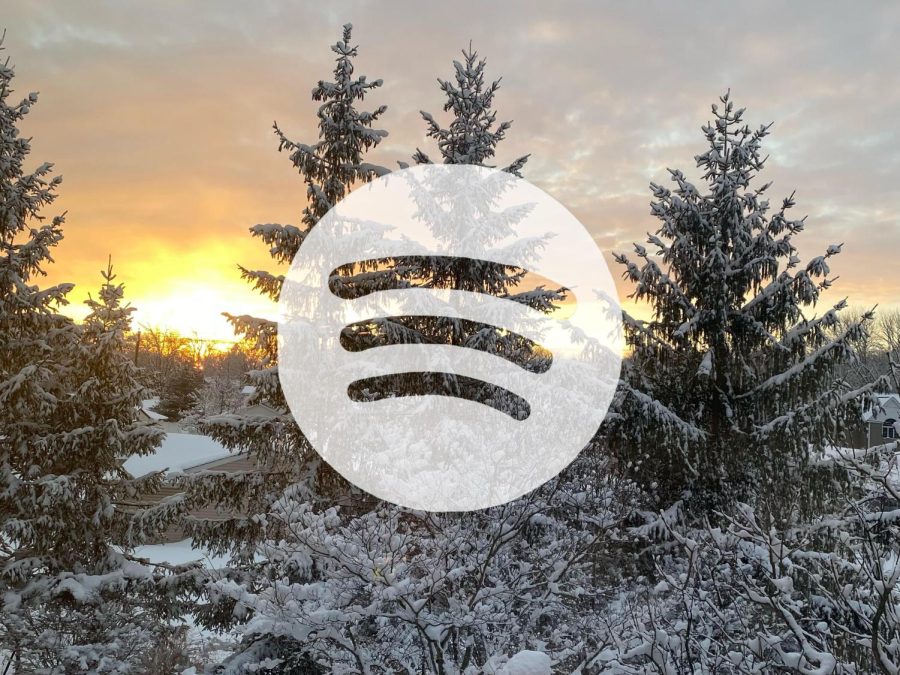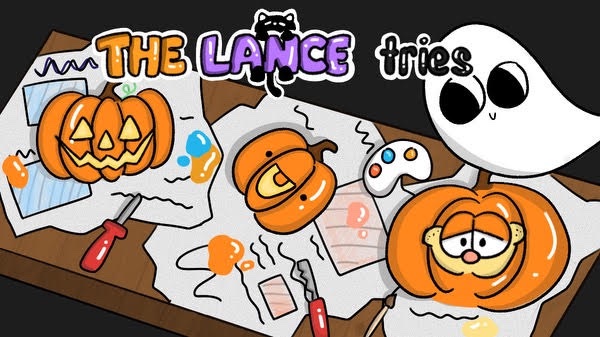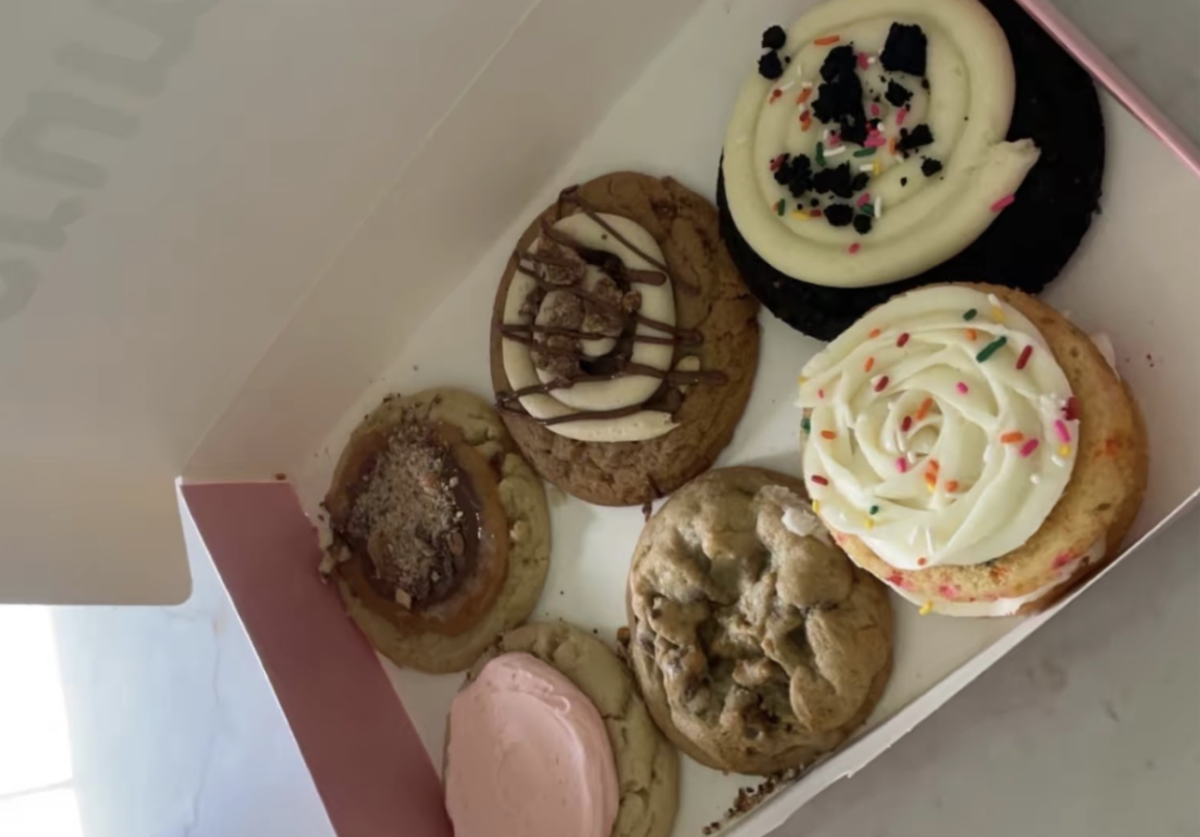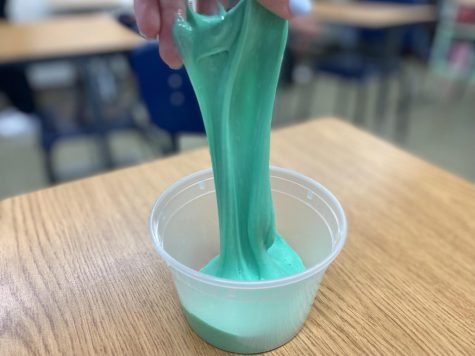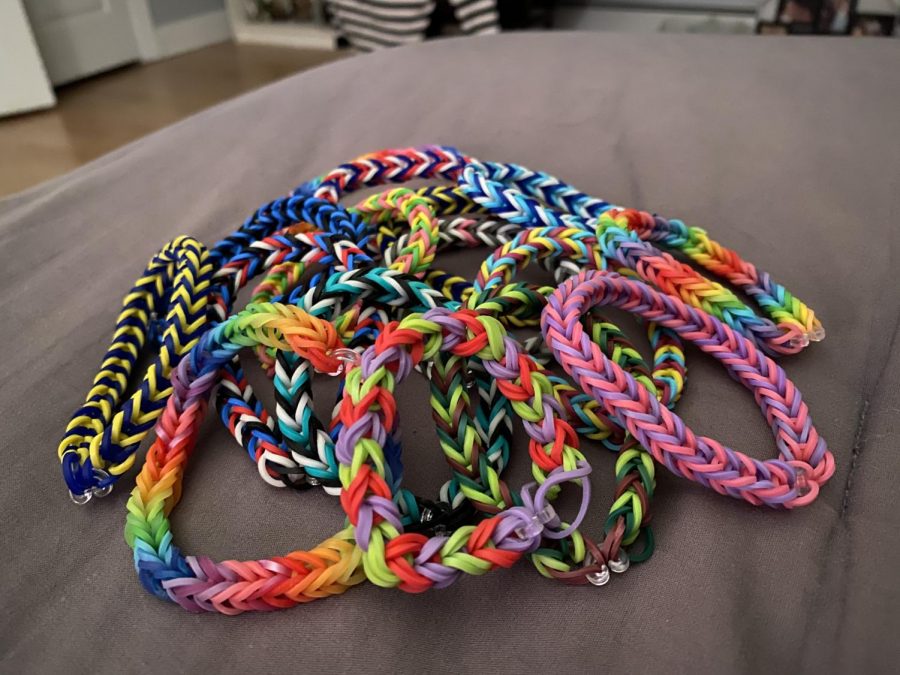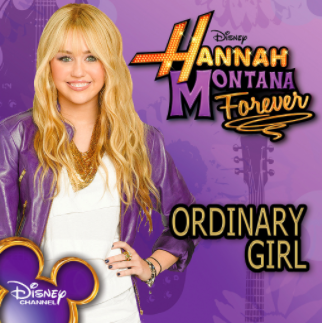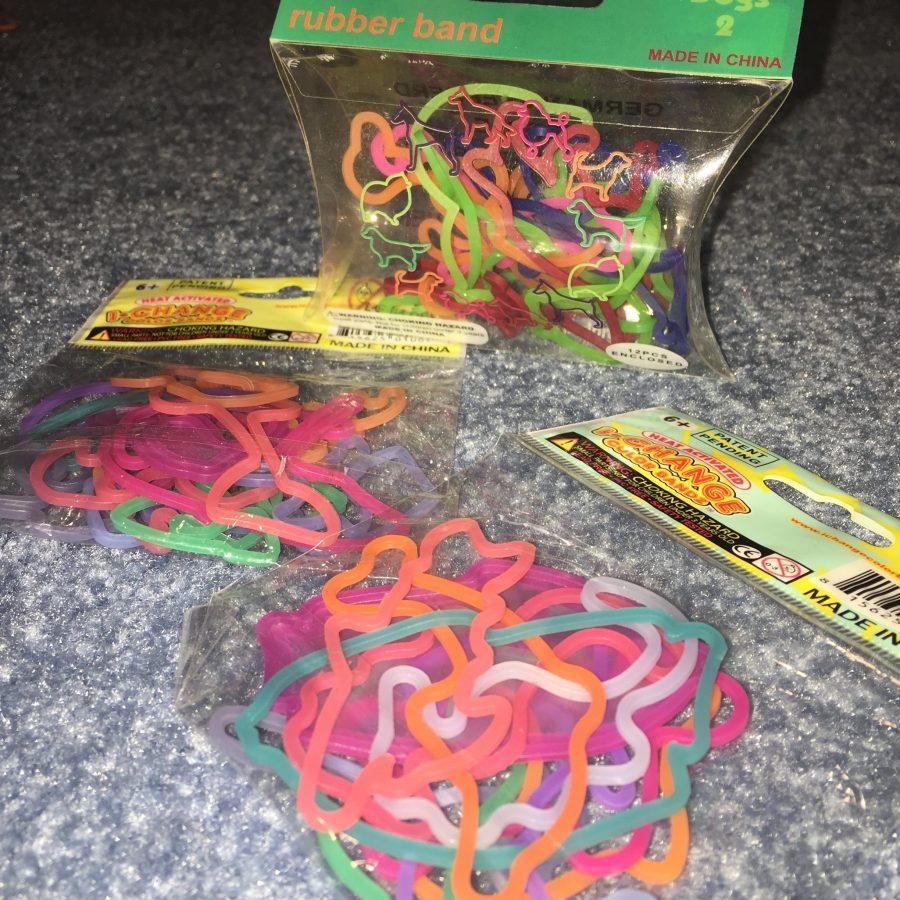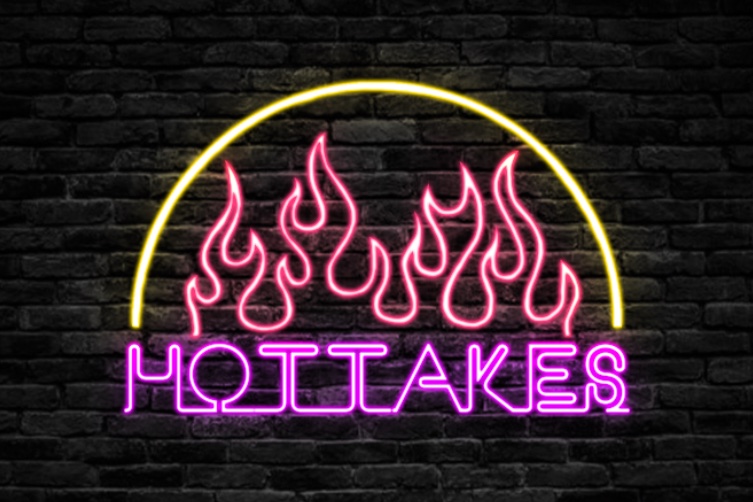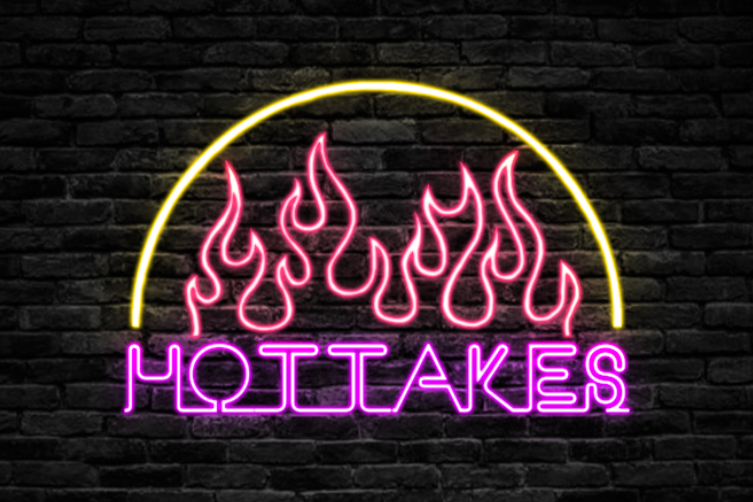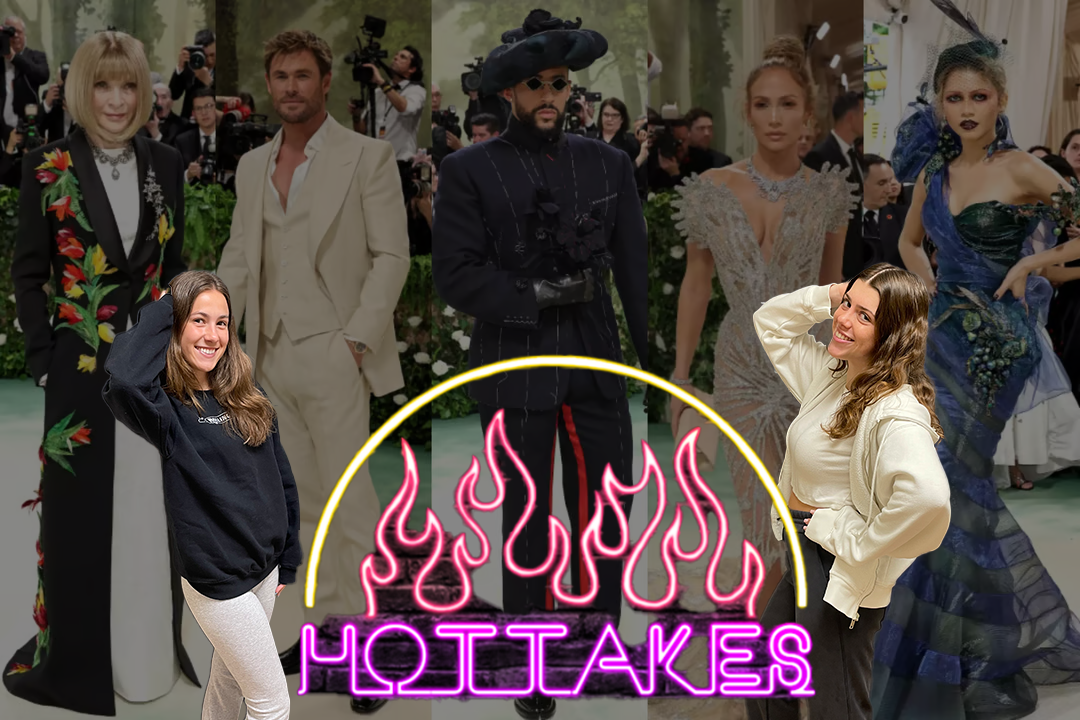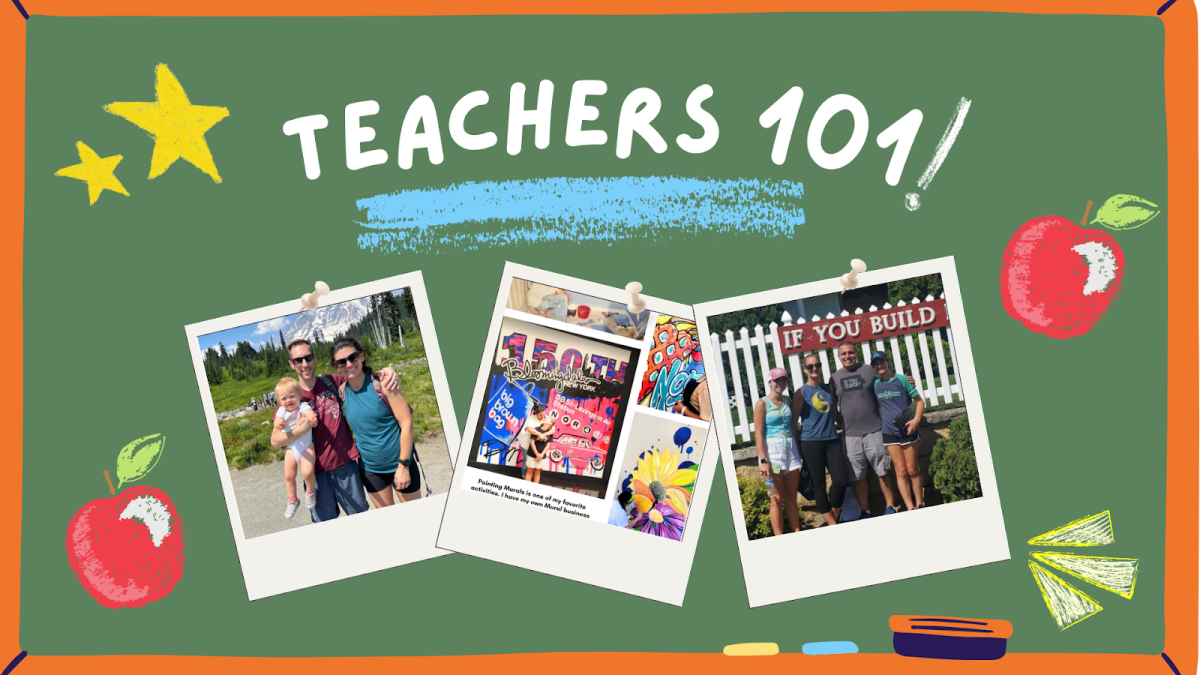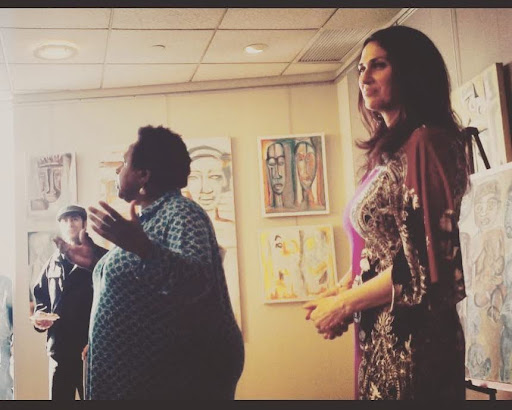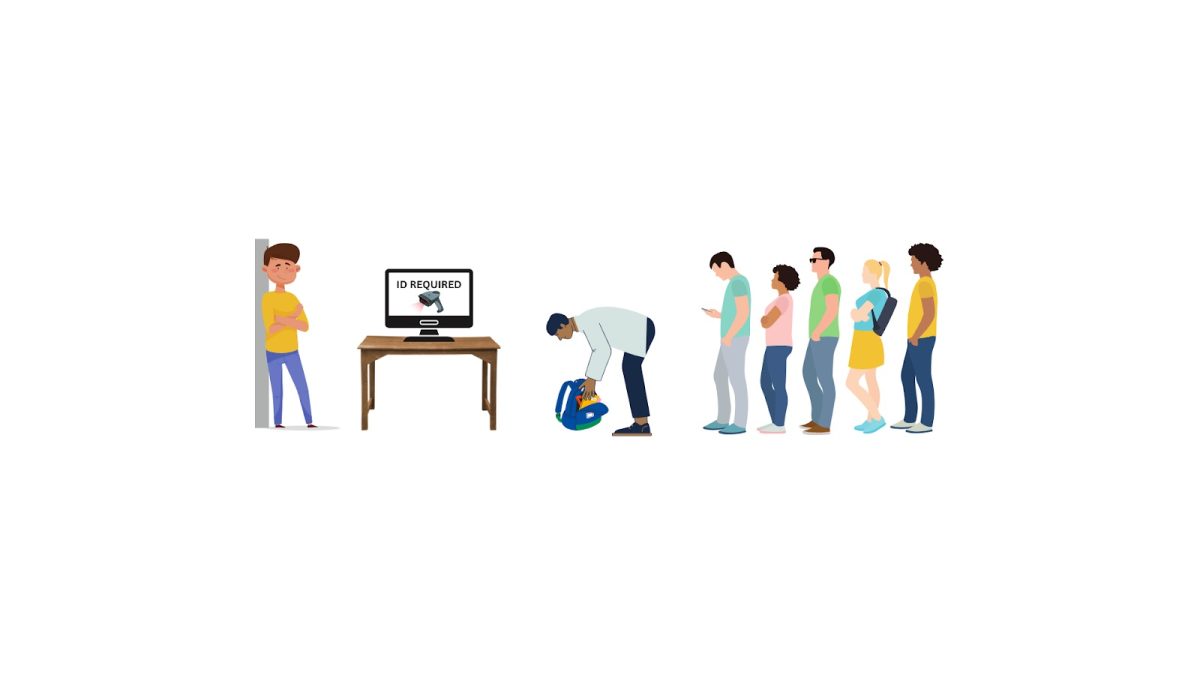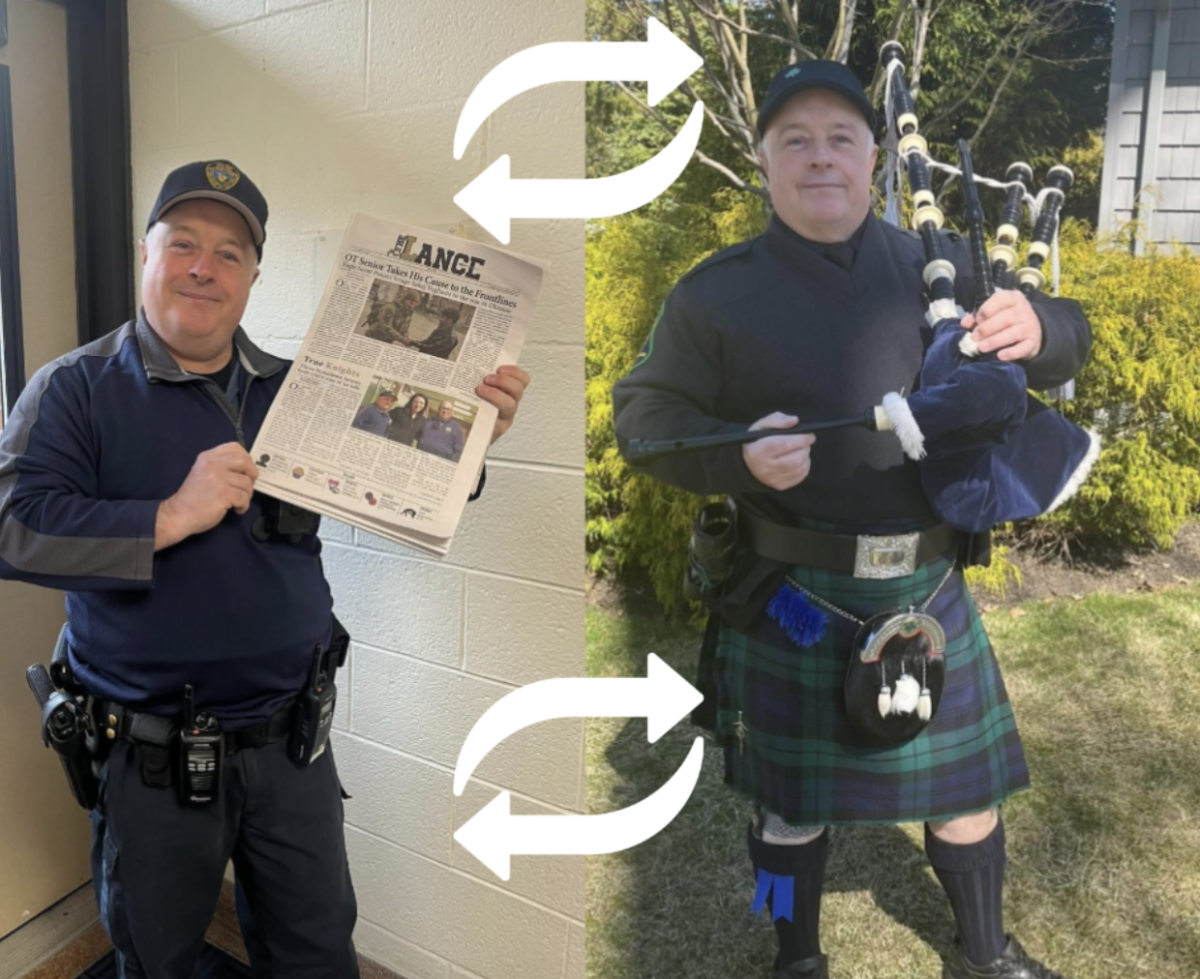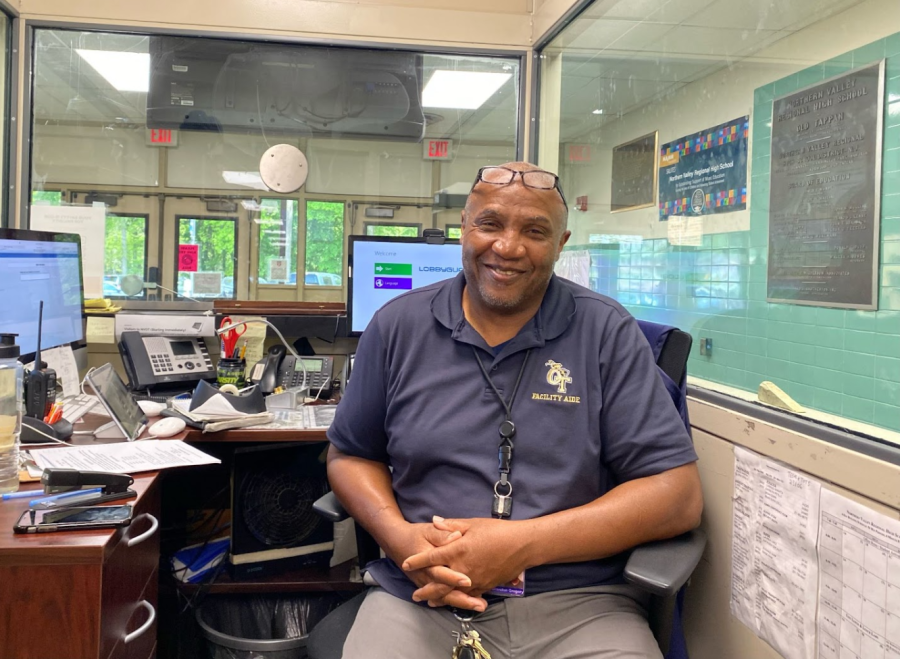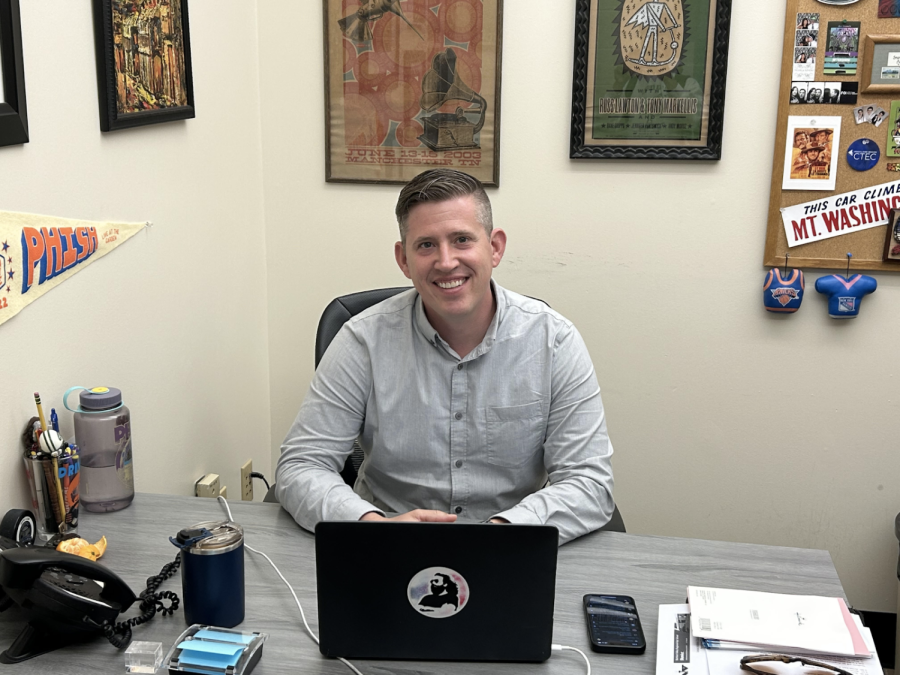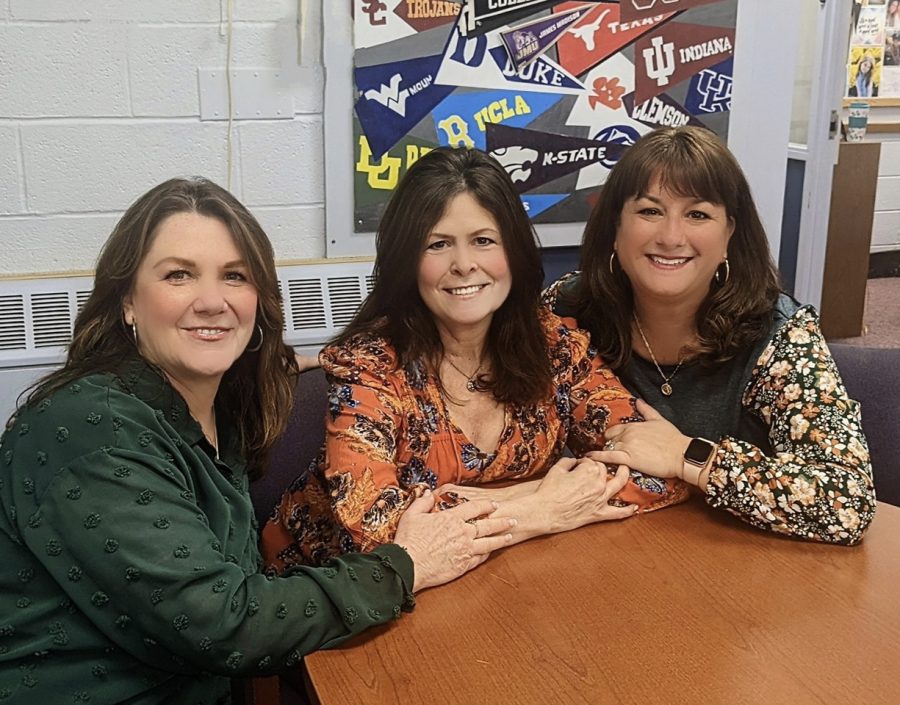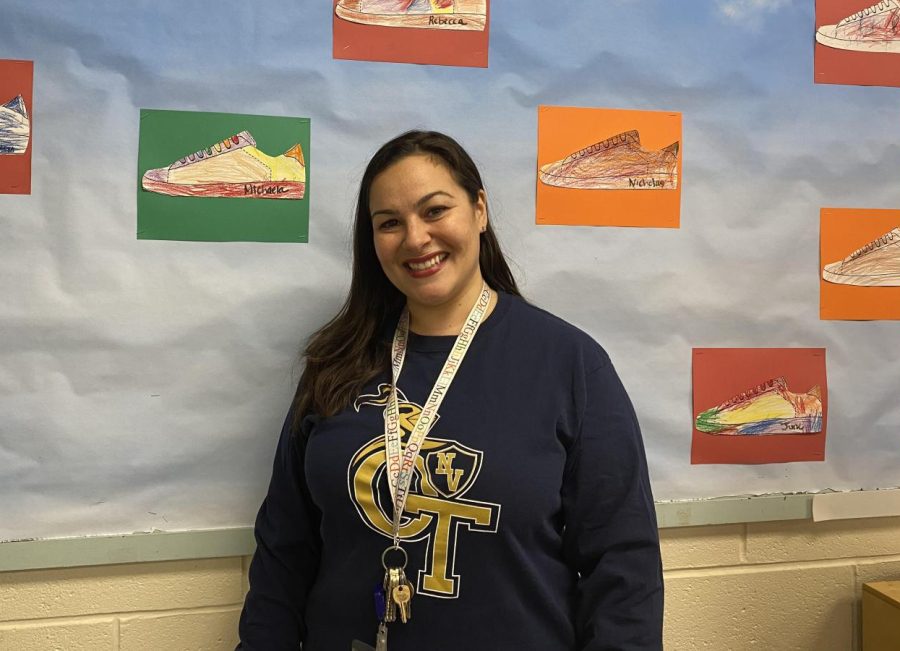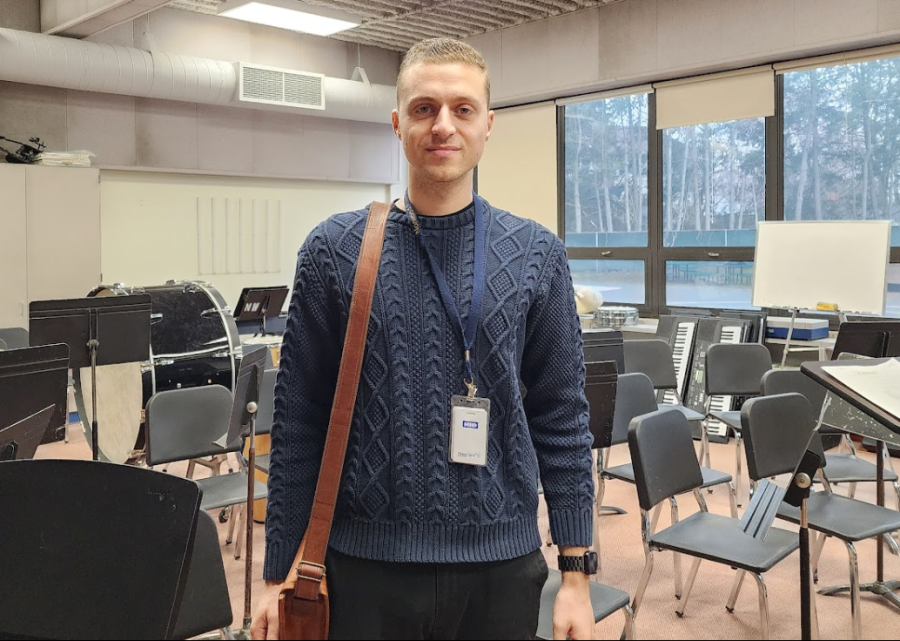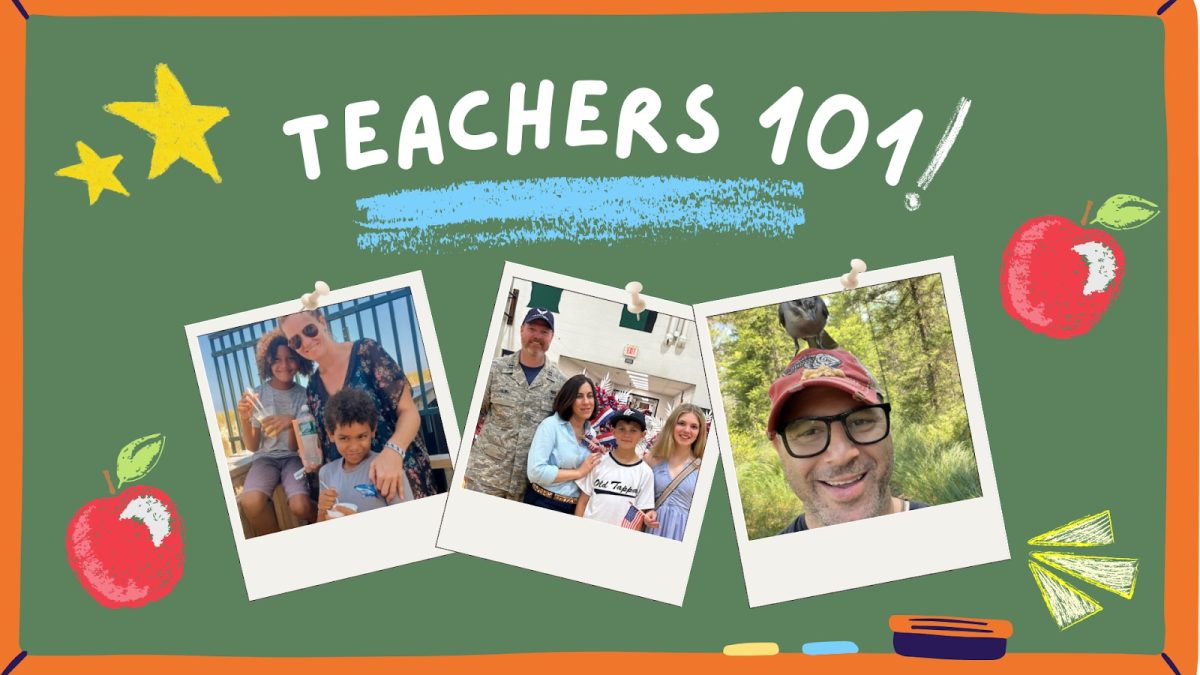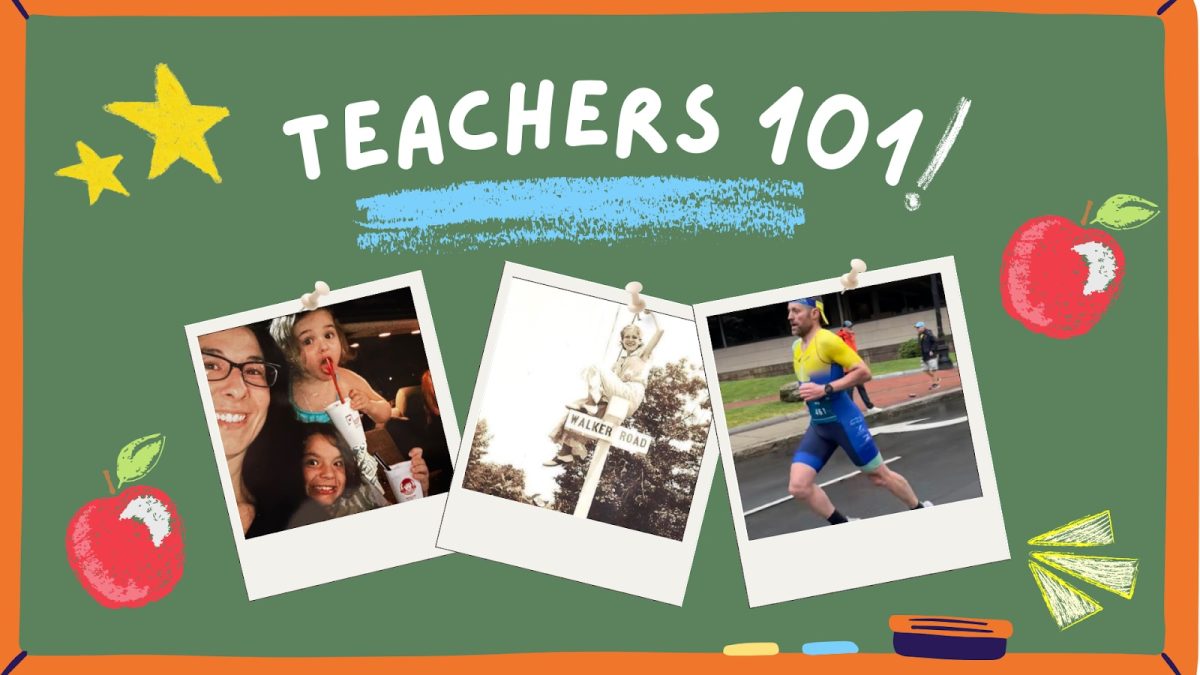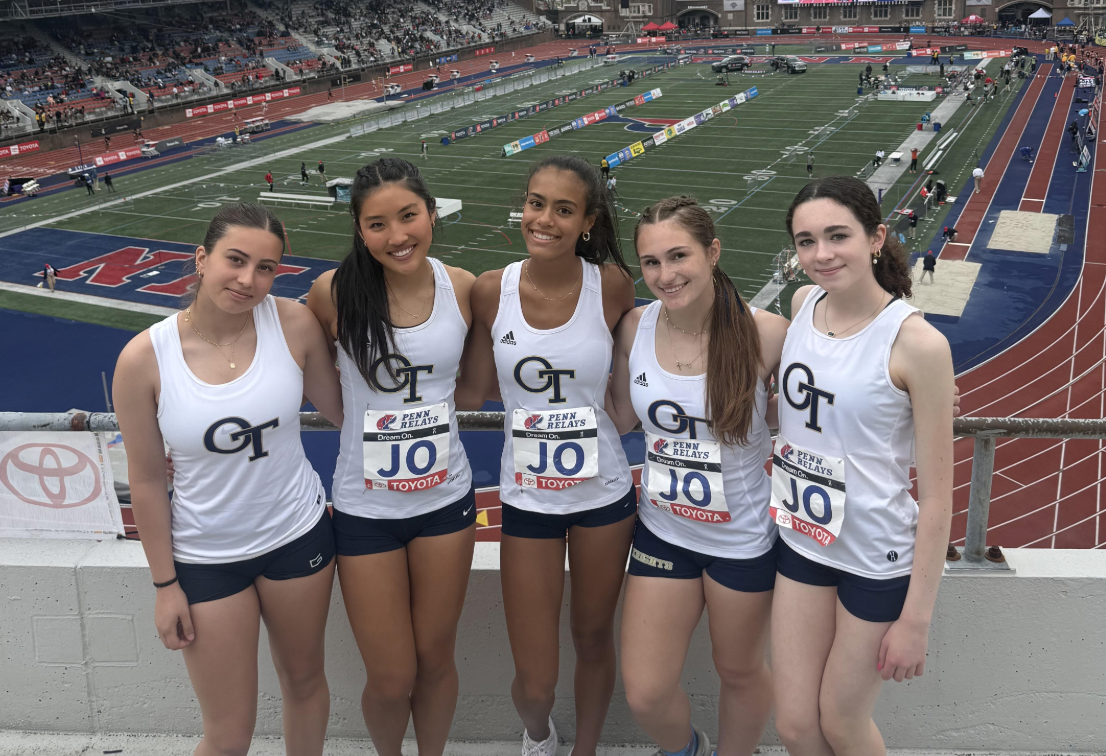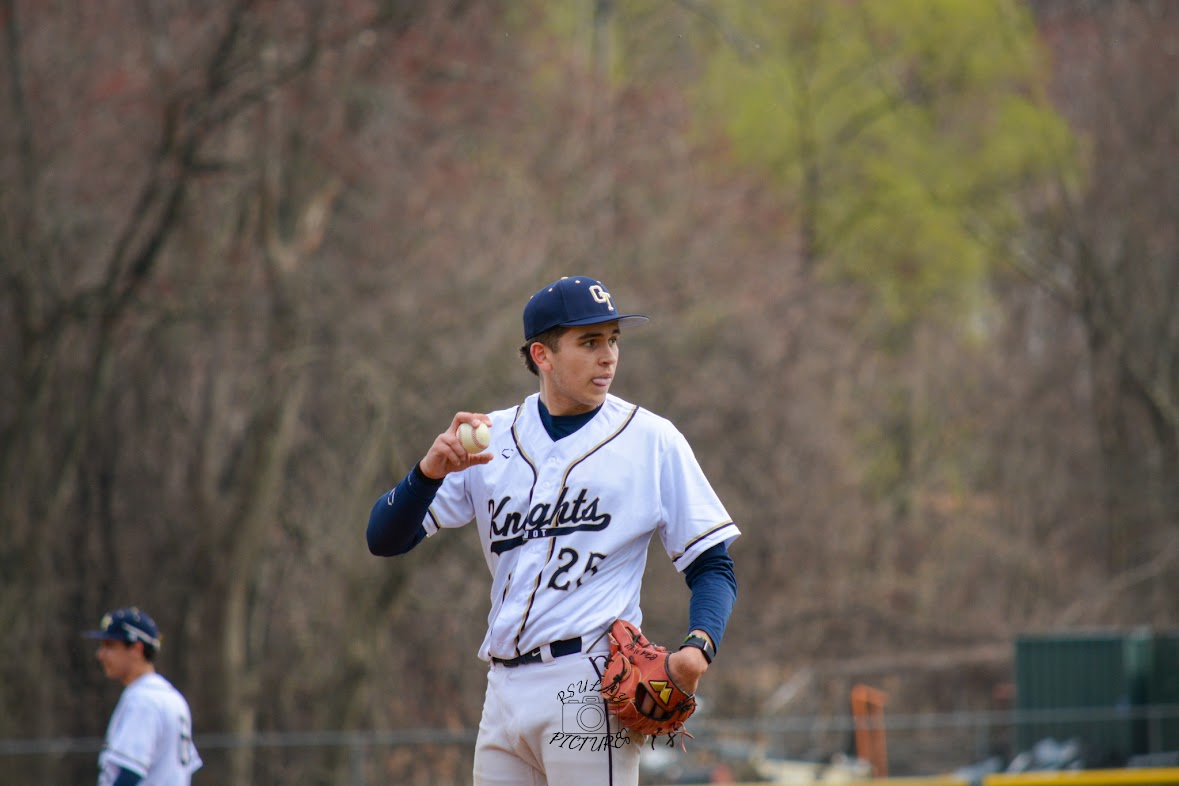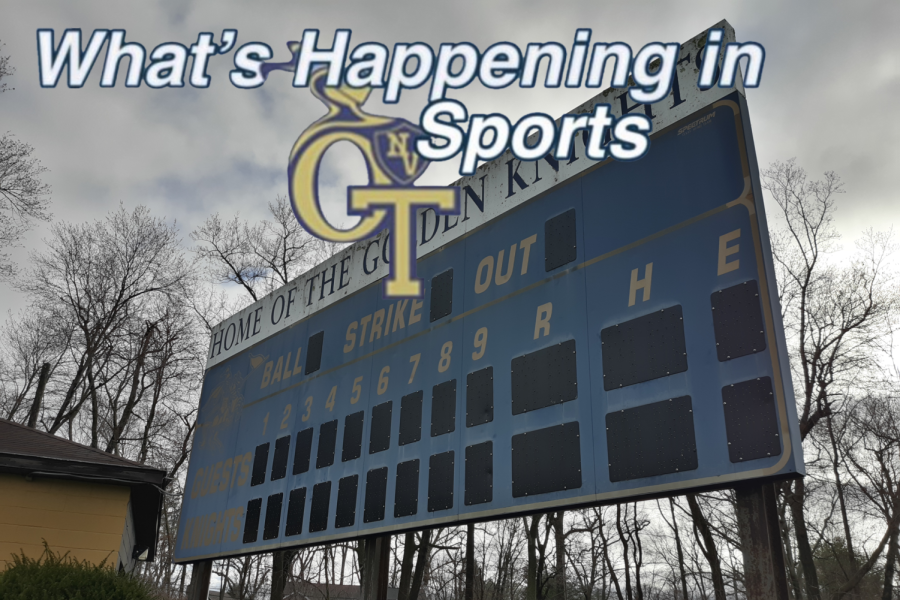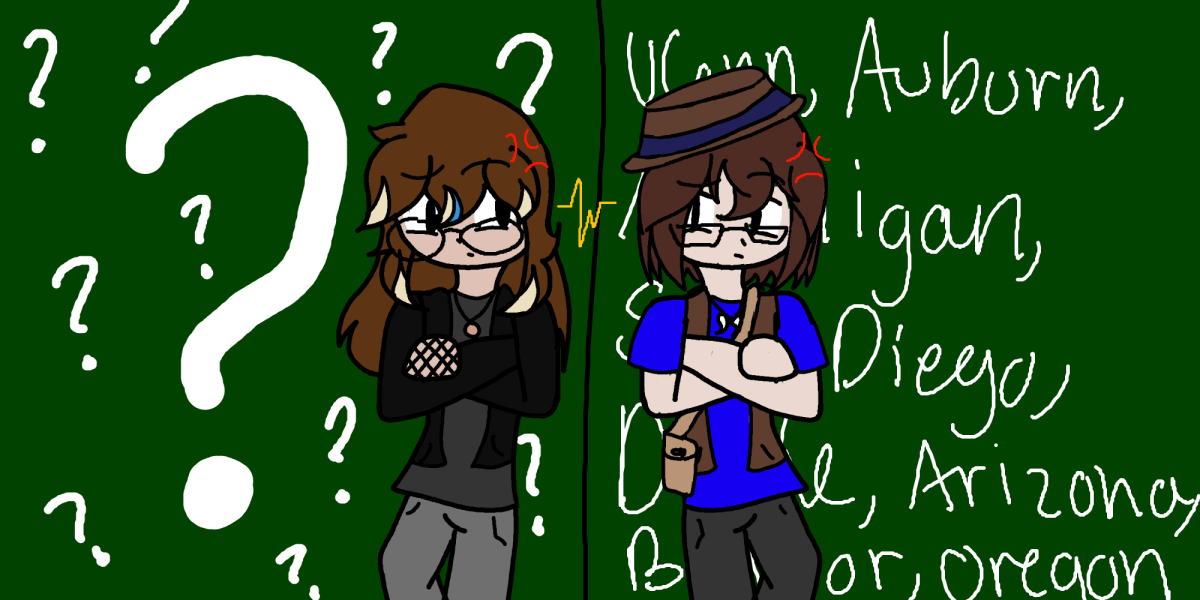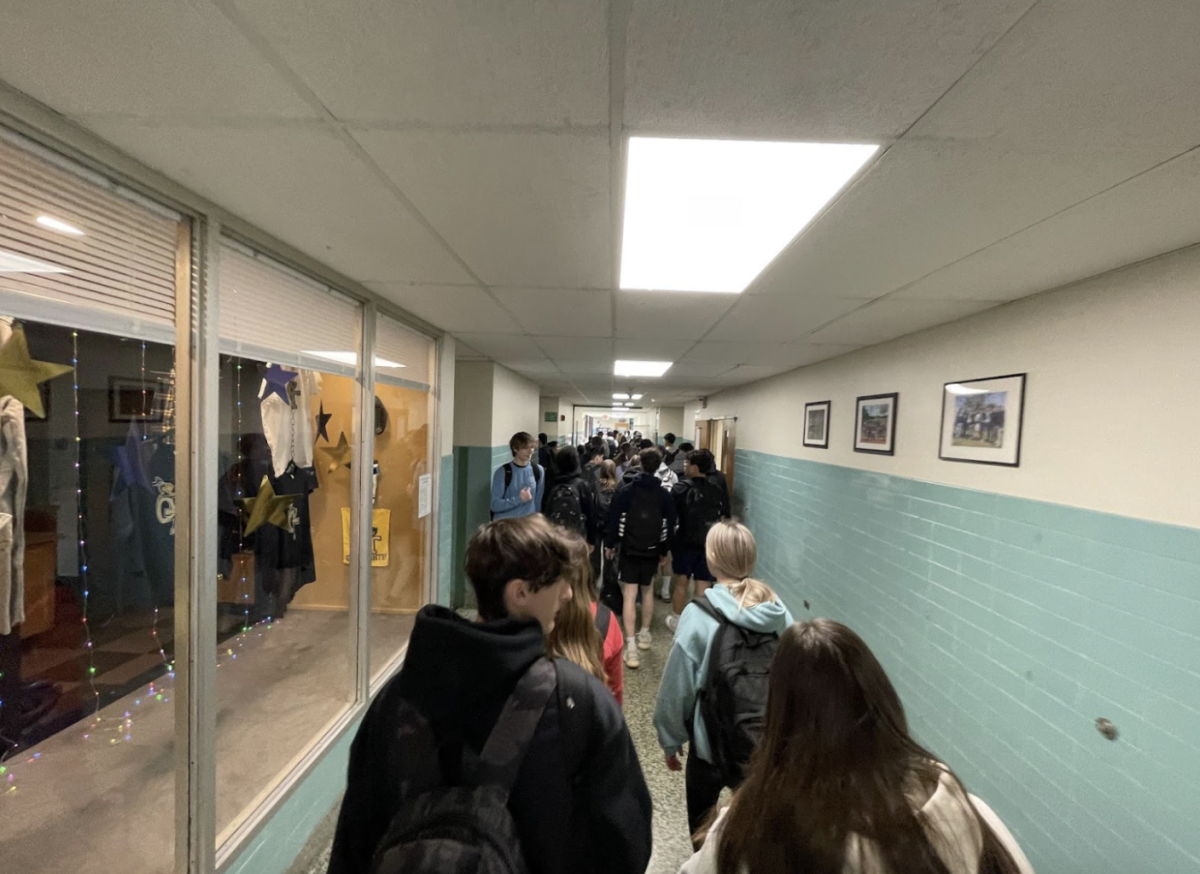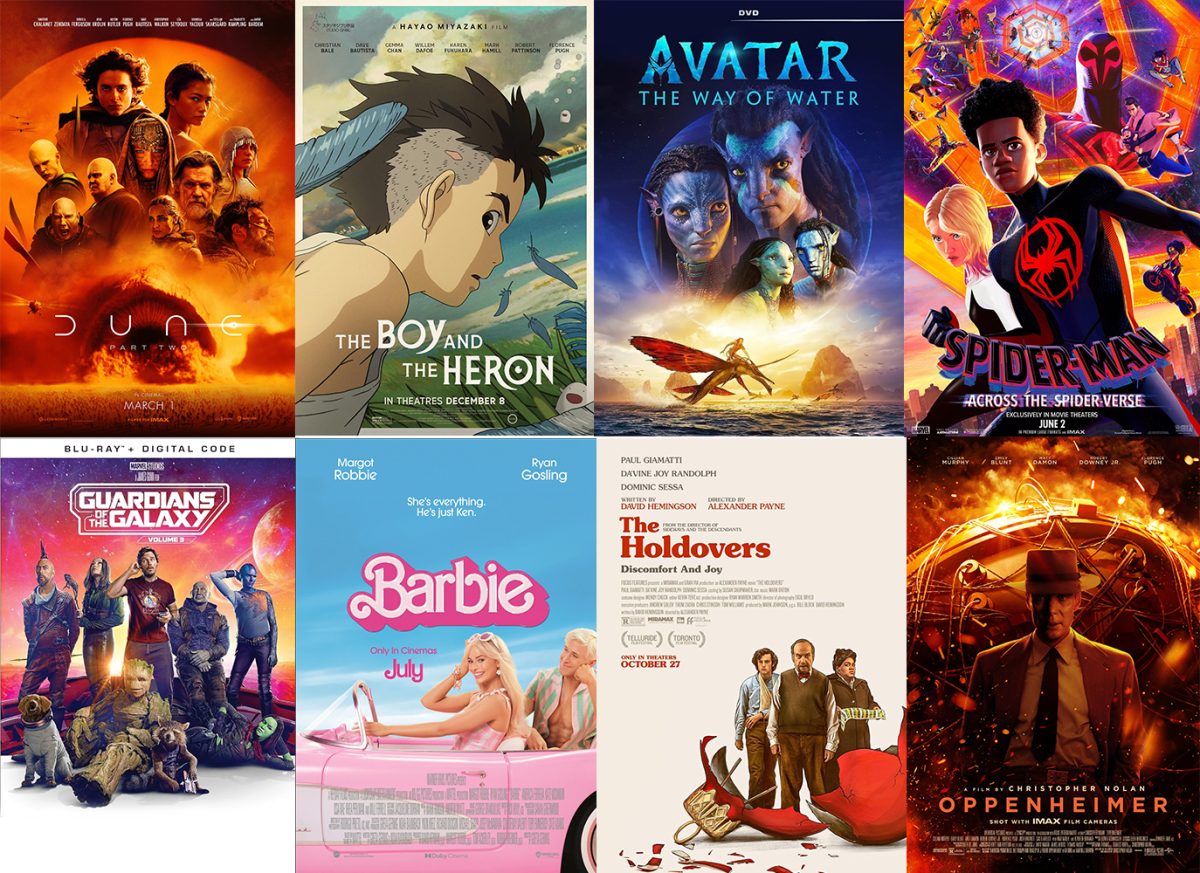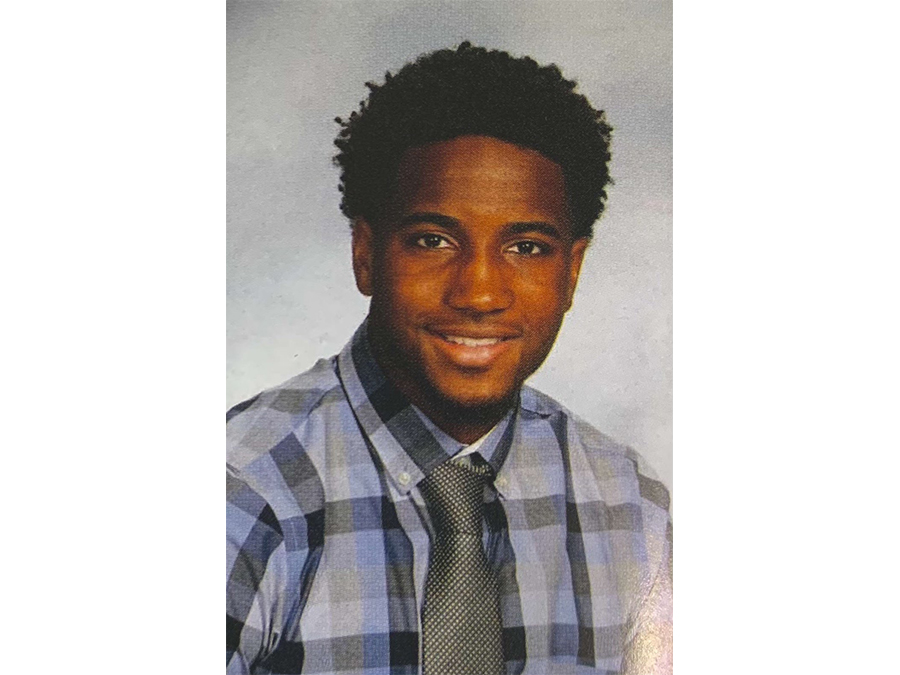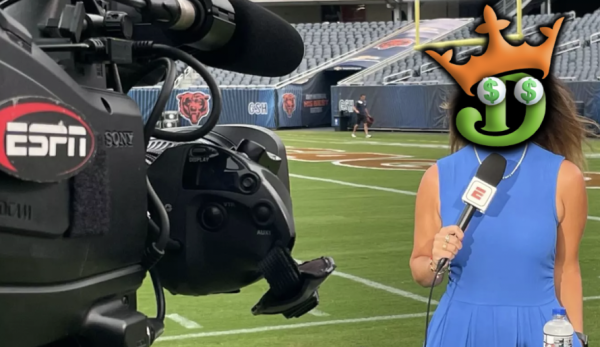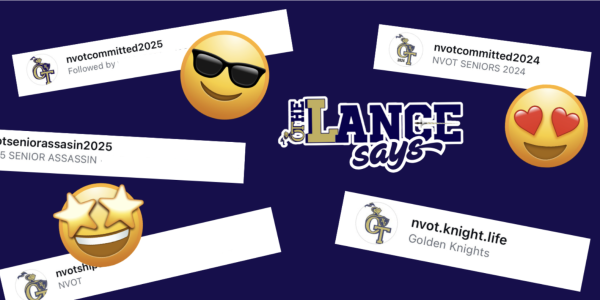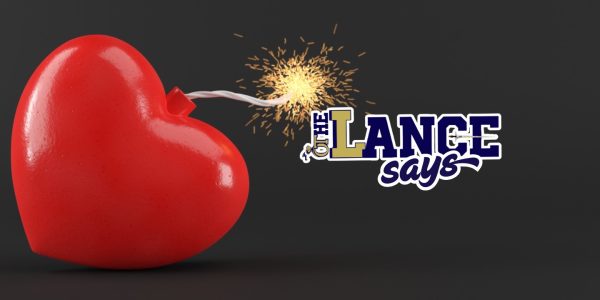Where Are All the Black People?
In a guest editorial, senior Kamil Mouehla shares reflections on race and culture at Northern Valley
It was the first day of my freshman year when I became fully aware of my unbelonging. I remember coming into the building like I was a celebrity: with my sagging biker pants, a black polo, and Air Jordans, I let my presence be known. Intensely scrutinized, I felt like I was traversing a never-ending red carpet. Once I got to homeroom, I had received a signal that it was time for me to leave: while the teacher was taking attendance, I took out my iPhone and started blasting a variety of rap music. Instead of people bobbing their heads to the instrumentals, I, again, saw those disturbed stares. But their reactions to the music were only the preface: when I opened my mouth, their reactions intensified. Nobody told me that it wasn’t appropriate to address a teacher with “Yo what’s good?” Although I appeared confident and unbothered, I started taking mental notes on how to become more approachable and not to be the “scary Black kid.” I seemed to get very popular despite my controversial first impression. But the friends that I had garnered were really people who loved to see me humiliate myself and kept on encouraging me to do so.
I am not originally from this corner of suburbia; I am from Pomona, New York, which is a small town in Rockland County. Growing up in Pomona, the only facial colors that I saw were those like my own; there were subtle differences in pigmentation, and being white meant you were a minority. Black was everywhere, which was both a good thing and a bad thing. Blackness built camaraderie, tightened and secured relationships, and was the foundation of affinities. There was much more nuance in being black as there were multiple personalities—an innumerable amount—in our community.
During freshman year, my parents decided to move our family to Harrington Park—despite my pleas. On our way to our new neighborhood, I began to see a change, a change I was initially—and still—am uncomfortable with: Where were all the black people? For the first time in my life, I was the racial minority. As a Northern Valley student, I began to change myself behaviorally, abandoning the culture that had conditioned me and constructed my entire personality: I began to code-switch until it became a subconscious habit. I steered away from conversations that were politically opinionated and that centered around humanitarian issues. I reduced my political voice to a minimum and abased myself to get a few laughs from those around me. I internalized stereotypes and embodied them to verify the assumptions of my peers.
It wasn’t until two summers ago that I asked myself: “What am I doing?” At this moment, I knew I had to begin my journey of finding my own identity—going from the Kamil my parents didn’t recognize, to my true self. Starting my junior year, I sought leadership opportunities finding ways to highlight the minority student experience. I began to lose fallacious friendships but at the expense of gaining respect from teachers and administrators for my efforts in amplifying the voices of the underrepresented community. From becoming an officer of the Diversity Club to working on establishing our school’s first Black Student Union, I have been strictly committed to reforming the cultural interactions in NVOT, destroying the notion that there is a “predominant culture,” ensuring that there is no societal pressure to conform.
Now, what does this have to do with you? Well, everything. Culture doesn’t necessarily have to be ethnically or racially constructed — it is a combination of different things that are shared amongst a group of people. Although our experiences may diverge, there will be times where you are exposed to a group of people who are so similar to one another that you feel like an outsider and there is tightening pressure for you to homogenize yourself. Do not yield. Don’t you dare cave in. Do not lose yourself to some glory that lasts for a few seconds. Look the world in the eyes and unapologetically blast your rap music.

